2023 Killam Laureates
On this page:
The University of Alberta is grateful for the invaluable financial assistance the Killam Trusts have given to the university and its Killam Laureates (doctoral students, postdoctoral fellows, and professors).
Since 1967, the endowments created by the Killam bequest have provided more than $127 million in program funding to the U of A.
Dorothy J Killam Memorial Graduate Prize
Three prizes are awarded annually to the most outstanding Killam Memorial Scholarship recipients.
Recipients receive a cash prize of $5,000 and a certificate.
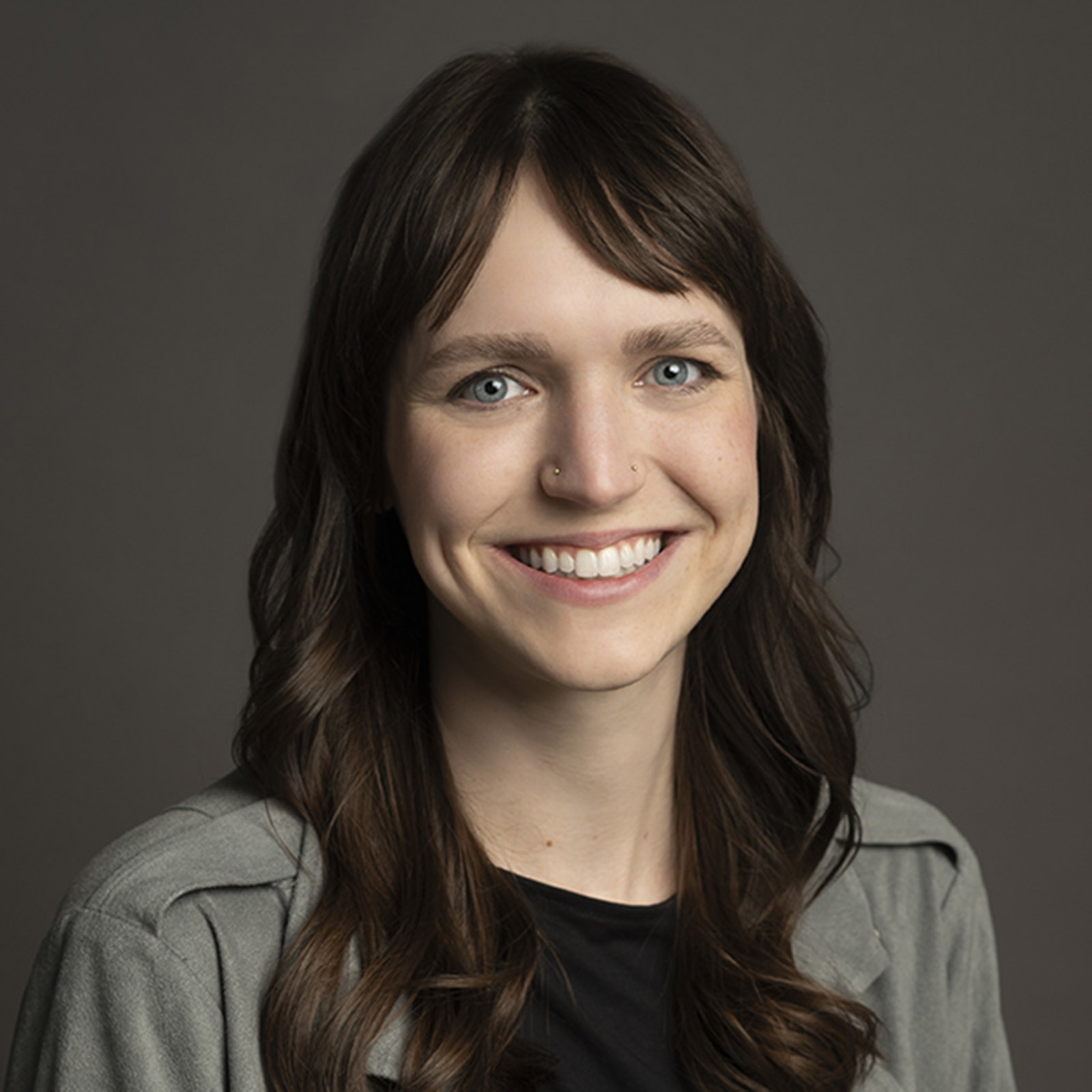
Kathryn Lambert
Rehabilitation Medicine
An occupational therapist by training, Kathryn is a PhD candidate carrying out research on Parkinson's Disease, a neurological disease that causes a progressive decline in the ability to control movements. People with Parkinson's Disease have difficulty detecting and correcting for errors during movement. Rehabilitation often focuses on training people with Parkinson's Disease to better detect and adjust for these movement errors to improve safety. Kathryn's research seeks to examine if people with Parkinson's Disease exhibit impairments in the mental representations of movement, which may underlie their challenges in movement error and detection. She will use a combination of behaviour testing and brain imaging methods to help answer this question.
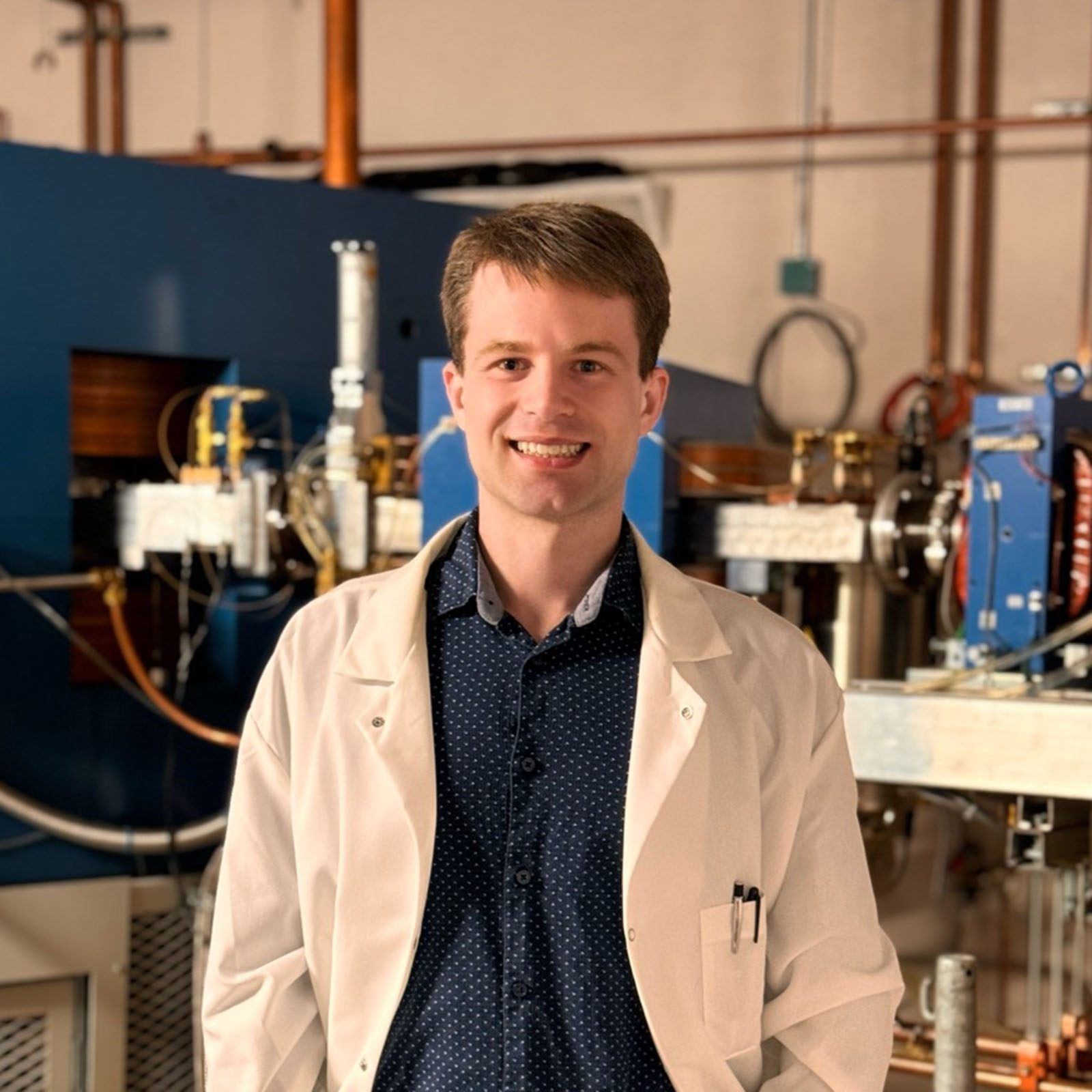
Bryce Nelson
Oncology
Bryce received his B.Sc. in Chemical Engineering from the University of Alberta (U of A) in 2020 and is pursuing his Ph.D. in Cancer Sciences at the U of A Department of Oncology. His research, performed at Edmonton’s Medical Isotope and Cyclotron Facility and the Cross Cancer Institute, focuses on production of radiopharmaceuticals (radioactive drugs) for personalized cancer imaging and therapy. This involves synthesizing radionuclides (radioactive atoms) on a cyclotron accelerator via nuclear reactions, followed by automated radionuclide purification. Subsequently, radionuclides are attached to highly specific cancer targeting agents, creating radiopharmaceuticals. Physicians can first screen patients with a diagnostic radiopharmaceutical to obtain a three-dimensional molecular portrait of their cancer. If the diagnostic scan detects a disease target, a therapeutic radiopharmaceutical can then be used to precisely destroy infiltrating tumors around the body while sparing surrounding healthy tissues. If negative for targets, patients can be spared ineffective treatment cycles and assigned to conventional therapy. This technique allows the right patient to be selected for the right treatment at the right time and represents a promising approach to treating advanced cancers and other systemic malignancies. Pending preclinical results, we hope to bring improved diagnostic and therapeutic radiopharmaceuticals to patients at the Cross Cancer Institute.
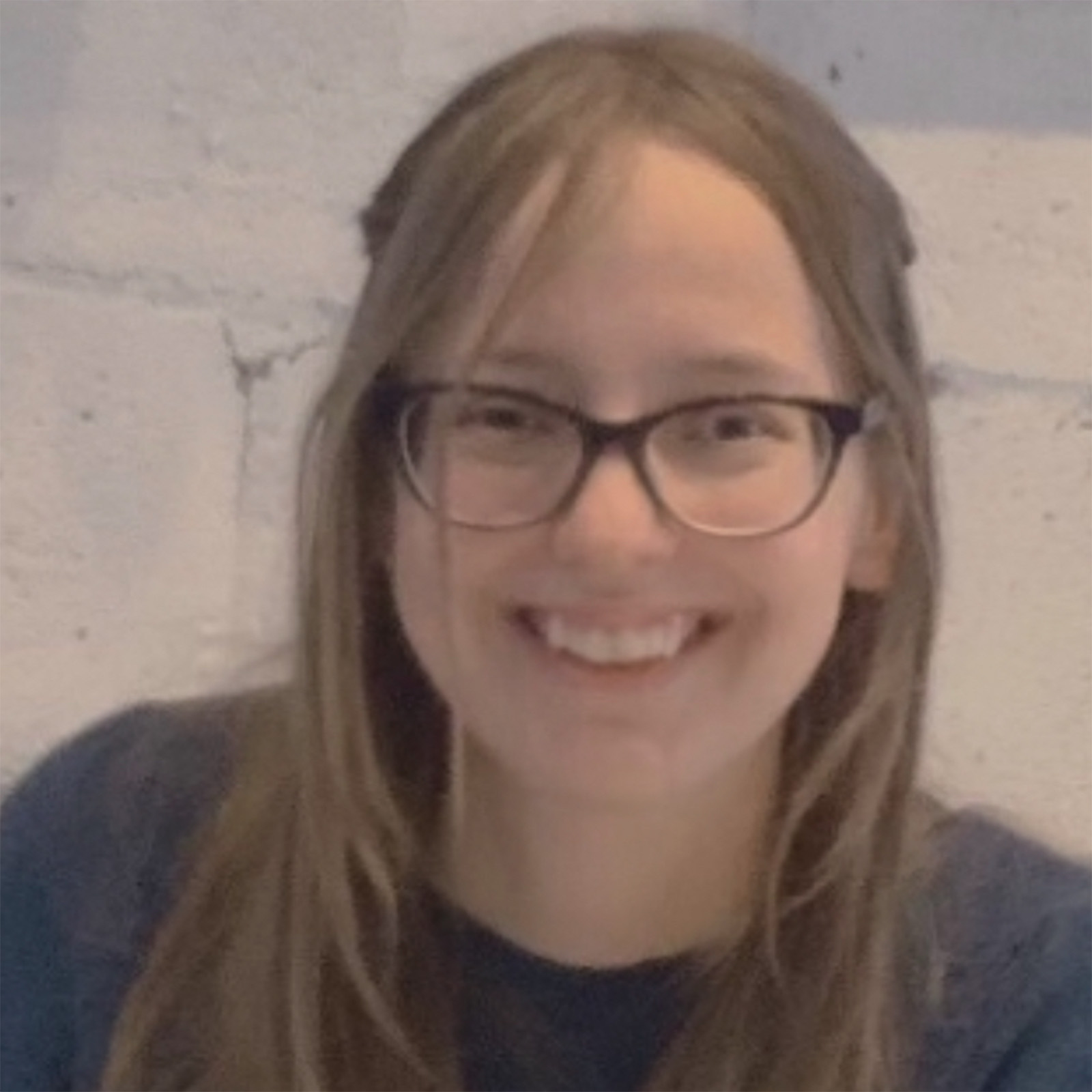
Rissa Reist
Political Science
Rissa Reist is a Ph.D. candidate in the Department of Political Science and a member of Sweetgrass First Nation. Her research explores the relationship between humour and settler-colonial violence. While humour and settler-colonial violence are rarely simultaneously analyzed, the two are inextricably linked. Humour assists in understanding a nation’s culture, values, and attitudes towards violence. Humour can also provide a historical critique of violent events and act as a coping strategy, allowing the public to process historical wrongdoings. Indigenous humour, in particular, has often been neglected as a serious site of political discourse. The doctoral project explores how Indigenous humourists are exposing Canada’s culture of violence and reinforcing the humanity of the Indigenous lived experience. Using narrative analysis and semi-structured interviews, the dissertation argues that through its capacity to humanize Indigenous experiences and critique national institutions, Indigenous humour can advance national conversations on healing, memory, and reconciliation. Furthermore, Indigenous humour can provide policymakers and community leaders with a pathway to envision a world without settler-colonial violence.
Izaak Walton Killam Memorial Scholarship
The Izaak Walton Killam Memorial Scholarships are the most prestigious graduate awards administered by the U of A.
They are awarded to outstanding doctoral students who have completed at least one year of graduate study.
Killam Scholarships are awarded for two years and include a stipend of $45,000 per year. Each award may be renewed for a second year based on continued performance in a doctoral program at the U of A.
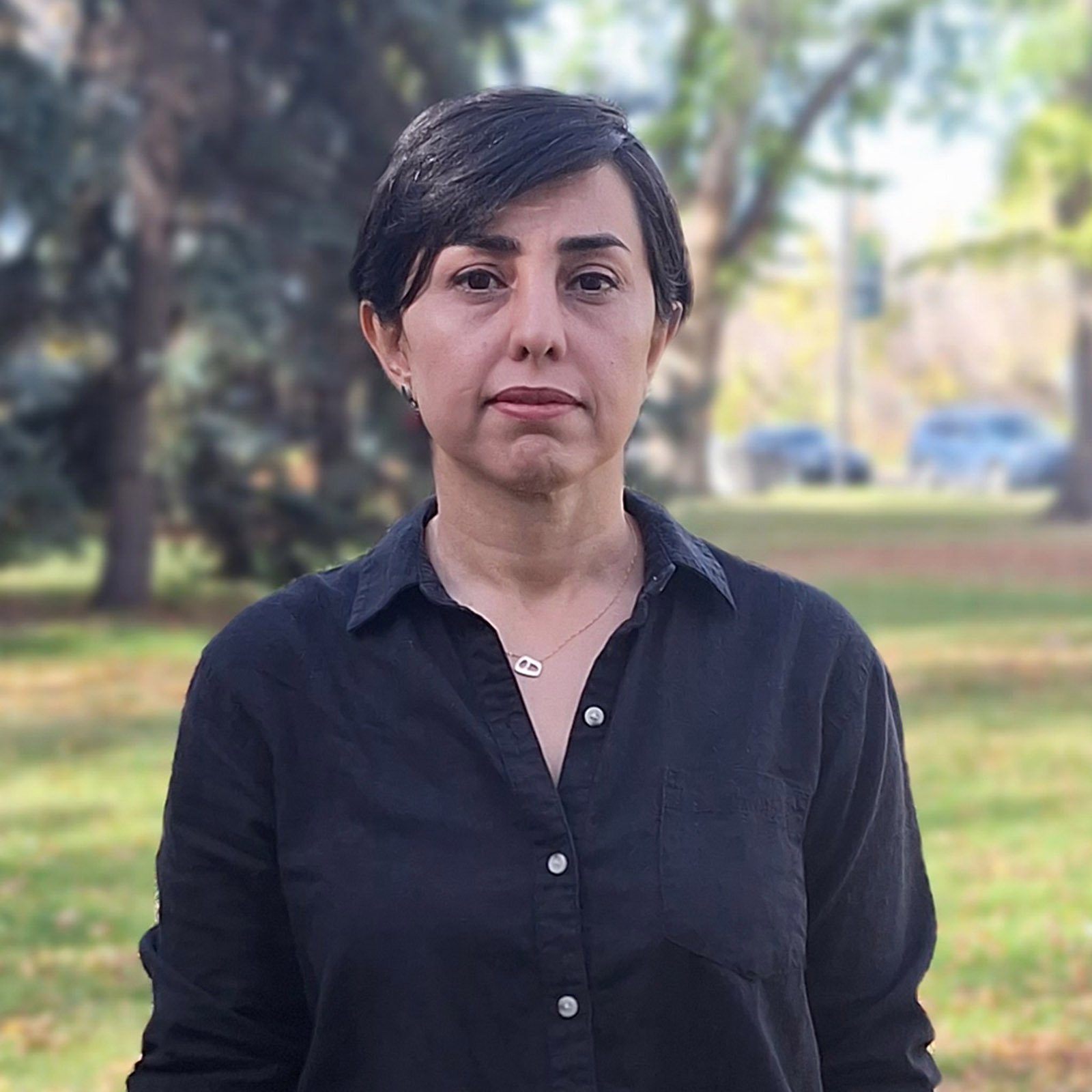
Hajar Ghorbani
Anthropology
Hajar Ghorbani is a sociocultural anthropology PhD student at the University of Alberta specializing in death studies. Her research centers on the intersections of death and modernity, as well as death and politics in Iran and the Middle East. She has been studying death and dying since 2011 and has conducted extensive fieldwork in Iran for six years. Hajar’s contributions to the field include published research in several journal articles and book chapters. She has also played a pivotal role in developing death studies in her country, serving as the editor of The Social Studies of Death in Iran (2020). In recognition of her expertise, Hajar Ghorbani was invited as a keynote speaker at the Center for Death and Society (CDAS) at the University of Bath, UK, in 2022. Currently, in her doctoral research project titled “Dead Bodies’ Agency and Western Politics”, she is advancing the conventional perspectives in social sciences that assume the living govern the dead. Her work explores the agency of dead bodies that affect the experience and actions of mourners and evoke memories of the past rather than serve their socio-political ends.
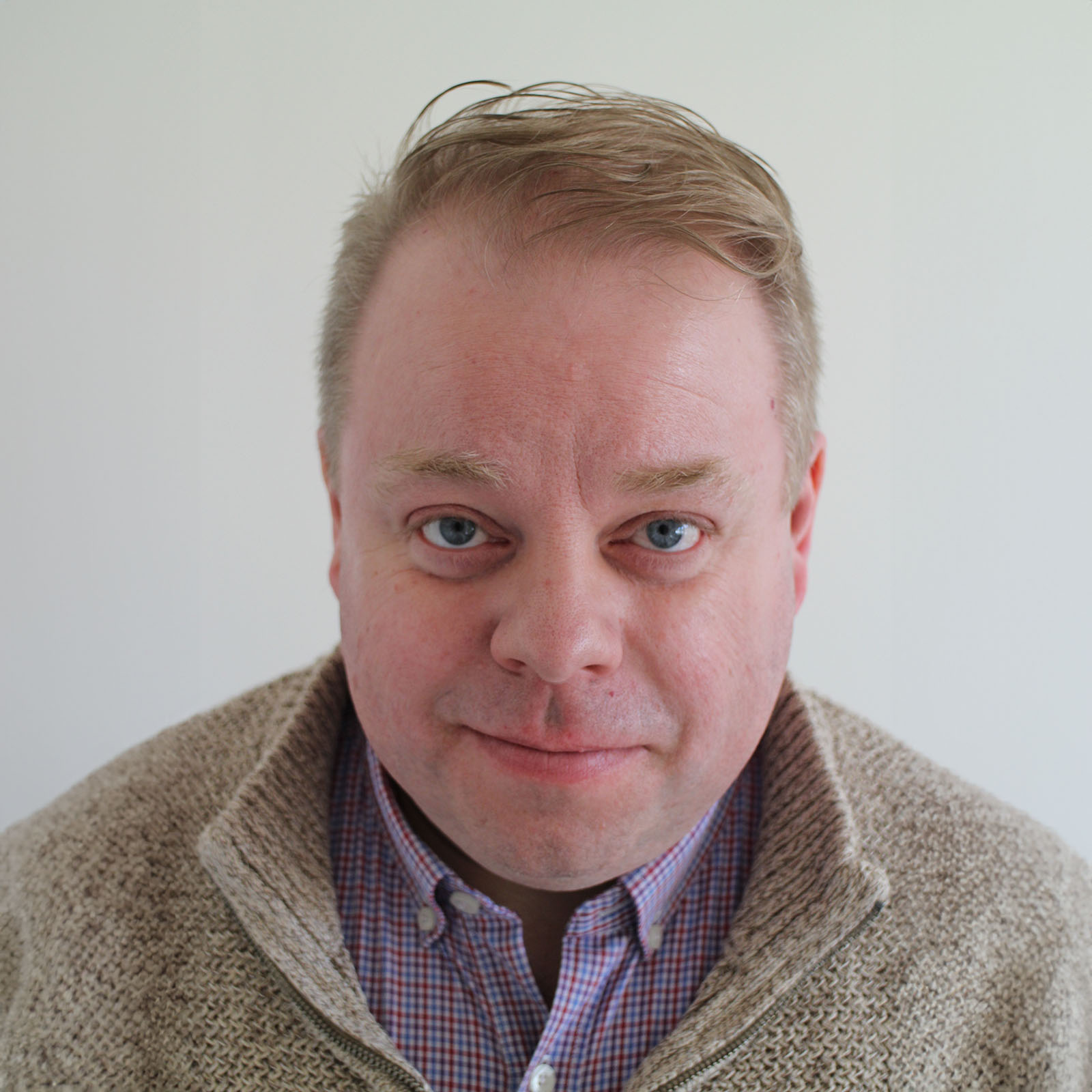
Matthew Oryschak
Agricultural, Food and Nutritional Science
Matt Oryschak is a PhD student at the University of Alberta working under Dr. Doug Korver in the Poultry Nutrition Research Group. Matt returned to school in 2021 after working for nearly 20 years in various roles supporting Western Canadian livestock and poultry producers. The focus of his PhD research will be to address key knowledge gaps that currently limit the use of Western Canadian faba beans in poultry feeding. His research will explore several basic and applied research questions, including the potential for expanded use of faba bean to displace imported soybean meal in poultry rations, while simultaneously reducing the greenhouse gas intensity of poultry production. His work will also examine the relative anti-nutritional significance of tannins (adversely impact feed palatability and bioavailability of dietary protein) and vicine/convicine (increases oxidative stress; causative agents of ‘favism’ in genetically susceptible humans) in Western Canadian faba beans, when fed at practical levels, to modern strains of poultry. By addressing these knowledge gaps, Matt’s research seeks to advance the creation of closer linkages between Western Canadian poultry and pulse crop producers to support their mutual economic and environmental sustainability.
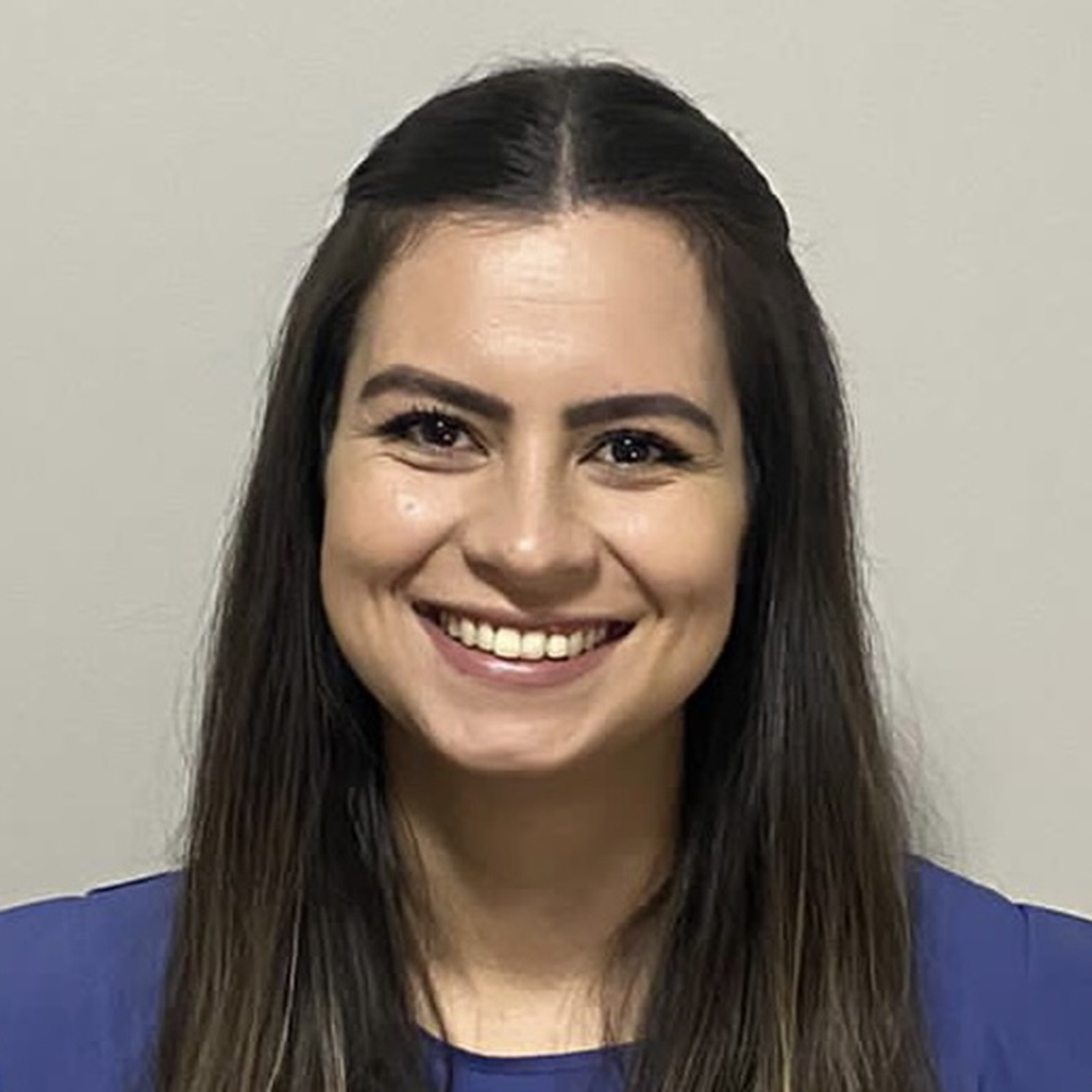
Ana Paula Pagano
Agricultural, Food and Nutritional Science
Ana Paula Pagano is a PhD candidate in the Department of Agricultural, Food and Nutritional Science. Her research focuses on using state-of-the-art techniques to profile energy metabolism and its determinants (including body composition) during cancer survivorship. Our work will improve nutritional assessment in clinical practice and lay the foundation for targeted nutritional interventions. Optimal nutrition improves health outcomes during and beyond cancer.

Rissa Reist
Political Science
Rissa Reist is a Ph.D. candidate in the Department of Political Science and a member of Sweetgrass First Nation. Her research explores the relationship between humour and settler-colonial violence. While humour and settler-colonial violence are rarely simultaneously analyzed, the two are inextricably linked. Humour assists in understanding a nation’s culture, values, and attitudes towards violence. Humour can also provide a historical critique of violent events and act as a coping strategy, allowing the public to process historical wrongdoings. Indigenous humour, in particular, has often been neglected as a serious site of political discourse. The doctoral project explores how Indigenous humourists are exposing Canada’s culture of violence and reinforcing the humanity of the Indigenous lived experience. Using narrative analysis and semi-structured interviews, the dissertation argues that through its capacity to humanize Indigenous experiences and critique national institutions, Indigenous humour can advance national conversations on healing, memory, and reconciliation. Furthermore, Indigenous humour can provide policymakers and community leaders with a pathway to envision a world without settler-colonial violence.
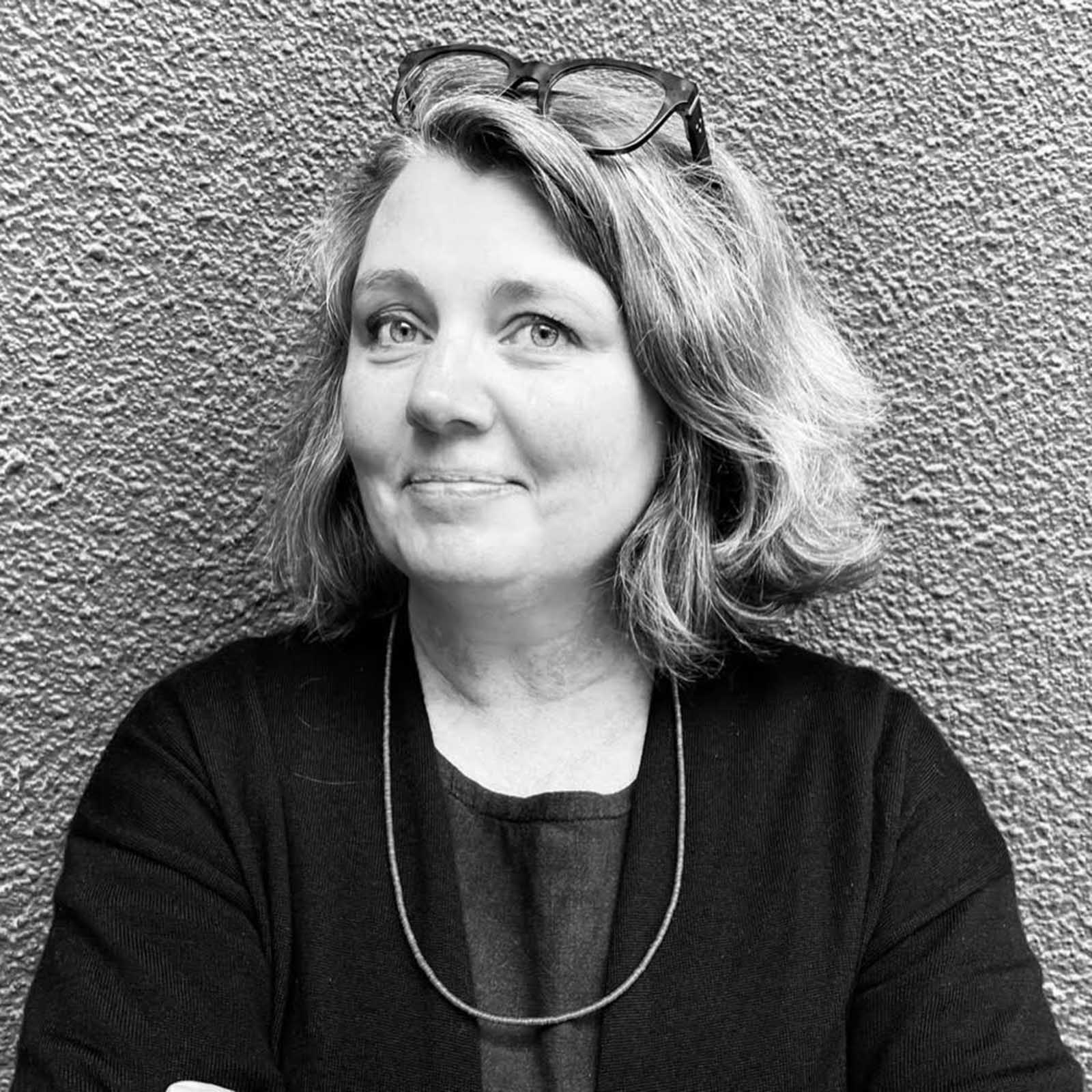
Annette Wentworth
Secondary Education
Annette Wentworth, a poet, author, and essayist, holds a Master’s in Social Justice and International Studies in Education (cum laude) from the University of Alberta, Canada. She is currently working on completing her PhD (in Secondary Education) on rural women’s lived experience and the remembrance of AIDS in South Africa. Annette is the co-chair of the Memory Studies Association African region and she is a Fellow at AVReQ (the Centre for the Study of the Afterlife of Violence and the Reparative Quest) at Stellenbosch University, South Africa. Her areas of interest and research are in post-colonial feminist memory and research, as well as arts-based, antiracist and decolonizing approaches. She held a Social Sciences and Humanities Research Council of Canada Doctoral Fellowship from 2020-2023. While originally from Edmonton, Alberta, Canada, Annette worked with not-for profit and community organisations in Kenya, Tanzania and South Africa, for over 15 years, spending the majority of that time in the Eastern Cape Province of South Africa, where she still spends half of her time.
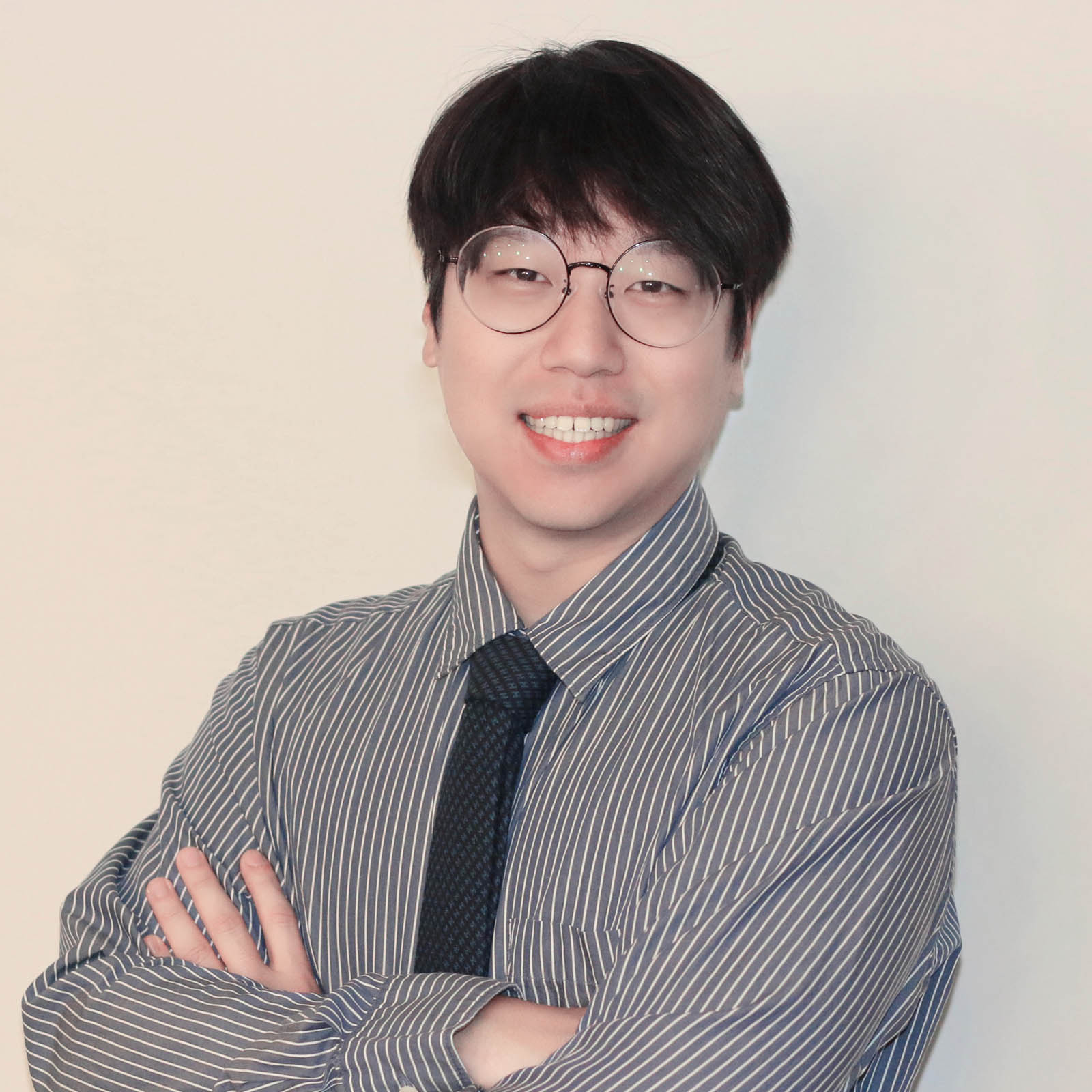
Tae Chung (Calvin)
Civil and Environmental Engineering
Tae Hyun (Calvin) Chung is a Ph.D. student in the Department of Civil and Environmental Engineering at the University of Alberta, whose research focuses on the mitigation of carbon dioxide (CO2), which has tremendous negative impacts on human health and the environment. Annual CO2 emissions from fossil fuel utilization exceed 38 billion tons, and we capture and utilize less than 1% of CO2. Calvin’s dissertation examines biological-based carbon-capture-and-utilization (CCU) technology called microbial electrosynthesis systems (MESs) for CO2 reduction. Compared to conventional CCU techniques, MESs are a clean, efficient, and low-cost tool for removing CO2 from the environment, and transforming it to renewable energy. MESs consist of a power-driven abiotic anode and an anaerobic biocathode, where the protons and electrons produced from the water-splitting reaction are transferred from the anode to the cathode. Then, a biofilm on the cathode consumes the transferred electrons and protons/hydrogen to convert this harmful CO2 to clean renewable energy and value-added products, such as biomethane, fatty acids, alcohols, and chemicals. The external power requirement for spontaneous reactions in an MES can simply be harvested from clean energy sources, such as sunlight and wind turbines, which means MESs are sustainable and applicable. MESs could serve as a novel and promising alternative for converting harmful CO2 into clean energy. Ultimately, this research has great potential to reduce environmental concerns associated with global warming and climate change from fossil fuel utilization and to simultaneously harvest clean and renewable energy from harmful CO2. Canada, in particular, can greatly benefit as we currently depend on energy produced from fossil fuel resources, which leads to the significant generation of CO2 into the atmosphere.
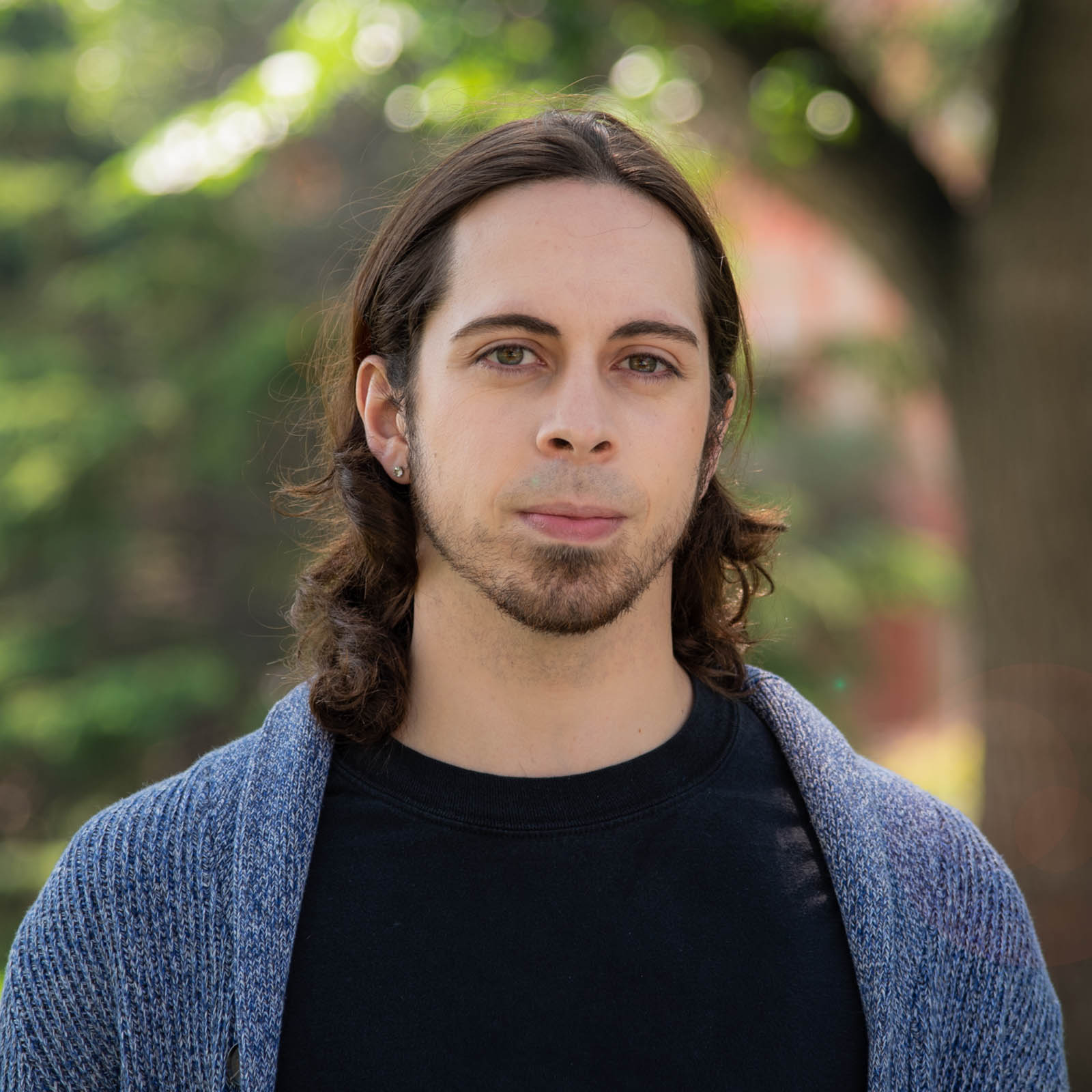
Michael Doyle
Chemistry
Michael Doyle received his B.Sc. (Hons.) with a specialization in chemistry from the University of Manitoba in the spring of 2019. He began a new journey as a PhD student in the Department of Chemistry at the University of Alberta in the fall of 2019, under the supervision of Professor Rylan Lundgren. Michael’s research focuses on fundamental synthetic organic chemistry, with the overarching goal of devising new methods to make and break chemical bonds in organic compounds. More specifically, he is interested in the late-stage (radio)isotopic labeling of drug molecules and clinical candidates for use in pharmacological studies. His methods focus on developing reversible carboxylation reactions. These processes involve the loss of carbon dioxide (CO2) from simple organic acids or amino acids, followed by the re-introduction of externally supplied, isotopically labeled CO2 into the molecule. The isotopically labeled CO2 contains a non-naturally abundant isotopic tracer (carbon-13, carbon-14, or carbon-11). The isotopic tracers carbon-13 and carbon-14 are primarily used in pharmacokinetic studies during drug discovery campaigns that allow users to determine the distribution of drug molecules in human organs and tissues, in addition to understanding a drug’s metabolic and toxicology profile. Additionally, carbon-11 isotopic tracers are widely used in positron emission tomograph (PET) for the precise diagnosis of medical ailments such as brain cancer and Alzheimer’s disease. Accessing complex, drug-like organic molecules containing these isotopic tracers remains very time-intensive and expensive, so he aims to develop streamlined methods that are able to introduce the isotopic tracer at the latest stage in the synthetic preparation of a drug target. In turn, this can potentially minimize the cost associated with the preparation of these targets and accelerate the drug discovery process. Michael was born and raised in Winnipeg, Manitoba. In his spare time, he likes to watch American football, play card games with friends and family, and take care of his cat.
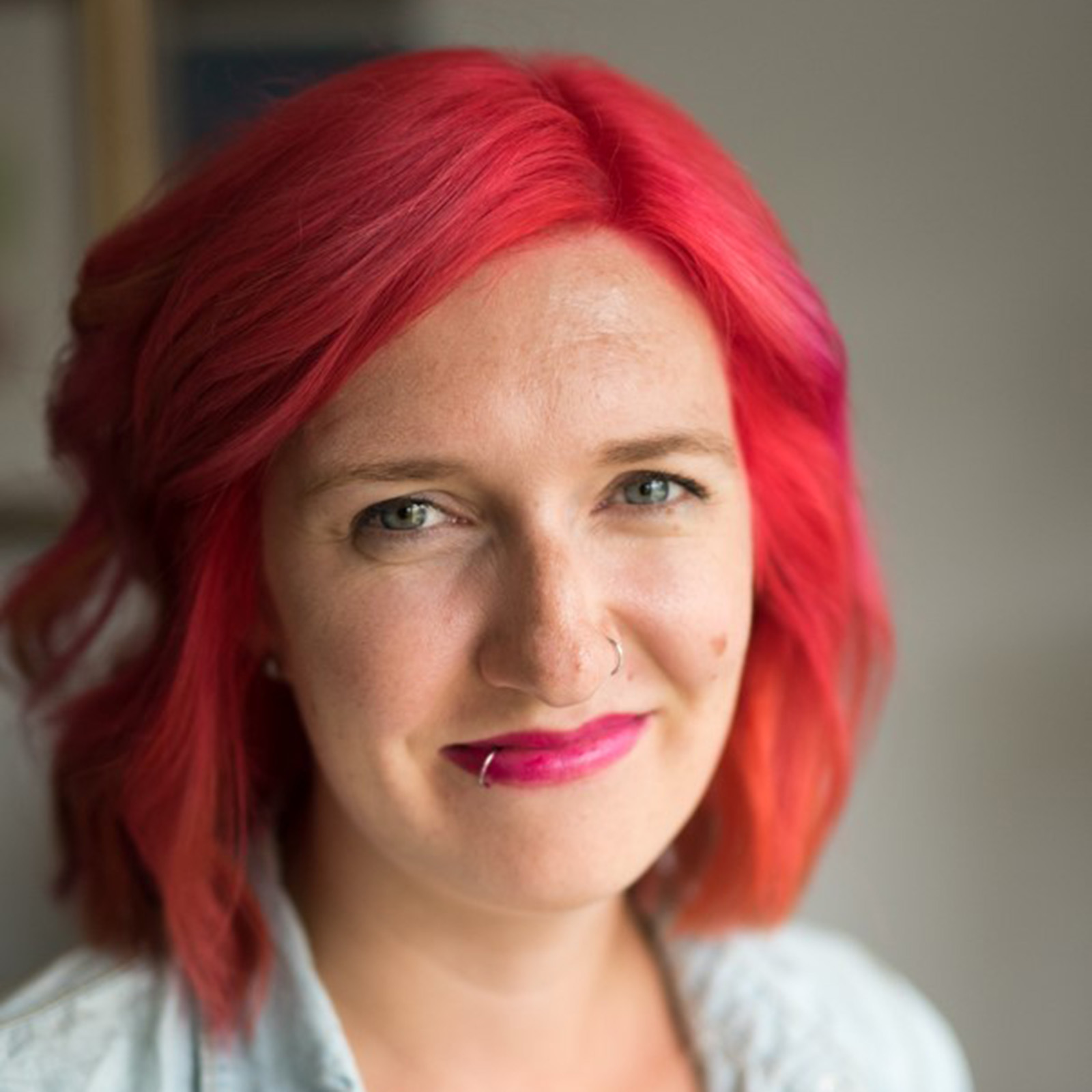
MacKenzie Gordon
Modern Languages and Cultural Studies
Kenzie (she/her) is a social worker and settler scholar on Treaty 6 territory at the University of Alberta. A social worker with a background in domestic and sexual violence prevention, Kenzie returned to graduate studies at the University of Alberta to investigate the ways that video games can contribute to gender-based violence prevention movements. Her research examines the efficacy of game-based interventions in beliefs that support rape culture and patriarchy, and design strategies that could help games shift cultural attitudes towards gender-based violence and consent. As a digital humanist, she has participated in numerous projects to use technology for social good, including the development of the bystander intervention training game It's Your Move in partnership with Edmonton sexual assault centres, the creation of Flourish, an app for domestic violence survivors developed with a local violence prevention agency, and her work with Sexual Assault Voices of Edmonton's YEG Police Violence Archive. She has also contributed to longitudinal research on equity issues in videogame education in Canada and the United States, and has spoken about gender issues in games and the game industry with many media outlets and at conferences across Europe and North America.
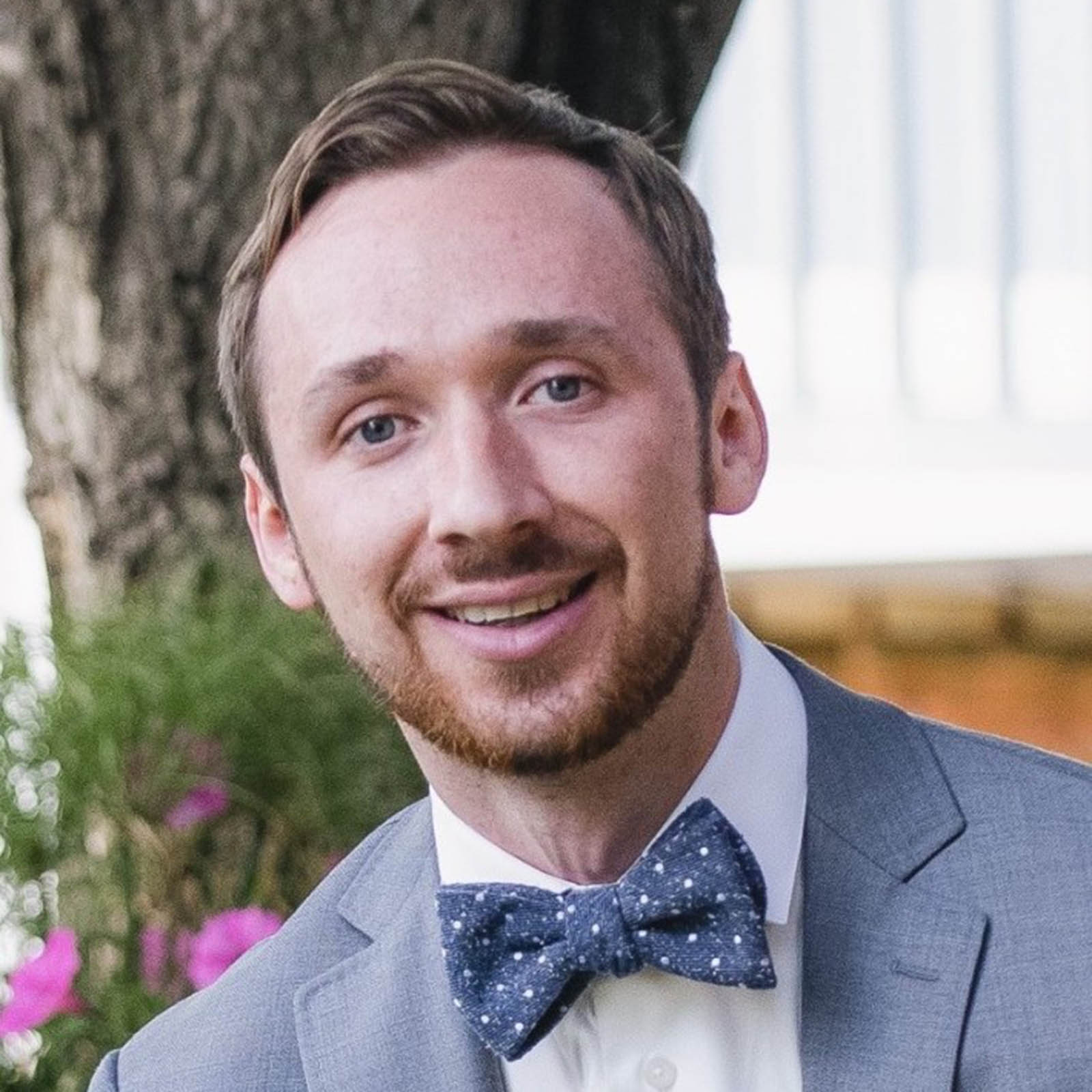
Nathaniel Haven
Electrical and Computer Engineering
Nathaniel Haven is currently working towards his PhD in Biomedical Engineering at the University of Alberta. His primary research area focuses on developing novel label-free microscopy systems, with his most notable contribution thus far being the development of the first ultraviolet excitation-based photoacoustic remote sensing microscopy system which is responsible for pioneering a new field of virtual histology. This area of research aims to provide intraoperative feedback during tumor resection surgeries, where the current gold standard involves time-consuming and labor-intensive postoperative analysis of resected tumors which can necessitate repeat surgeries resulting in worsened patient prognosis. Most recently, by incorporating deep learning methods into existing imaging schemes he has demonstrated powerful new ways of generating realistic virtual histology images that are better suited to pathologist interpretation, with a recent report of these results published in Nature Communications. Next steps will involve further leveraging deep learning methods to move towards a simpler approach to virtual histology generation, this would greatly reduce system complexity and cost, resulting in a more likely adoption of this technique within the surgical suite.
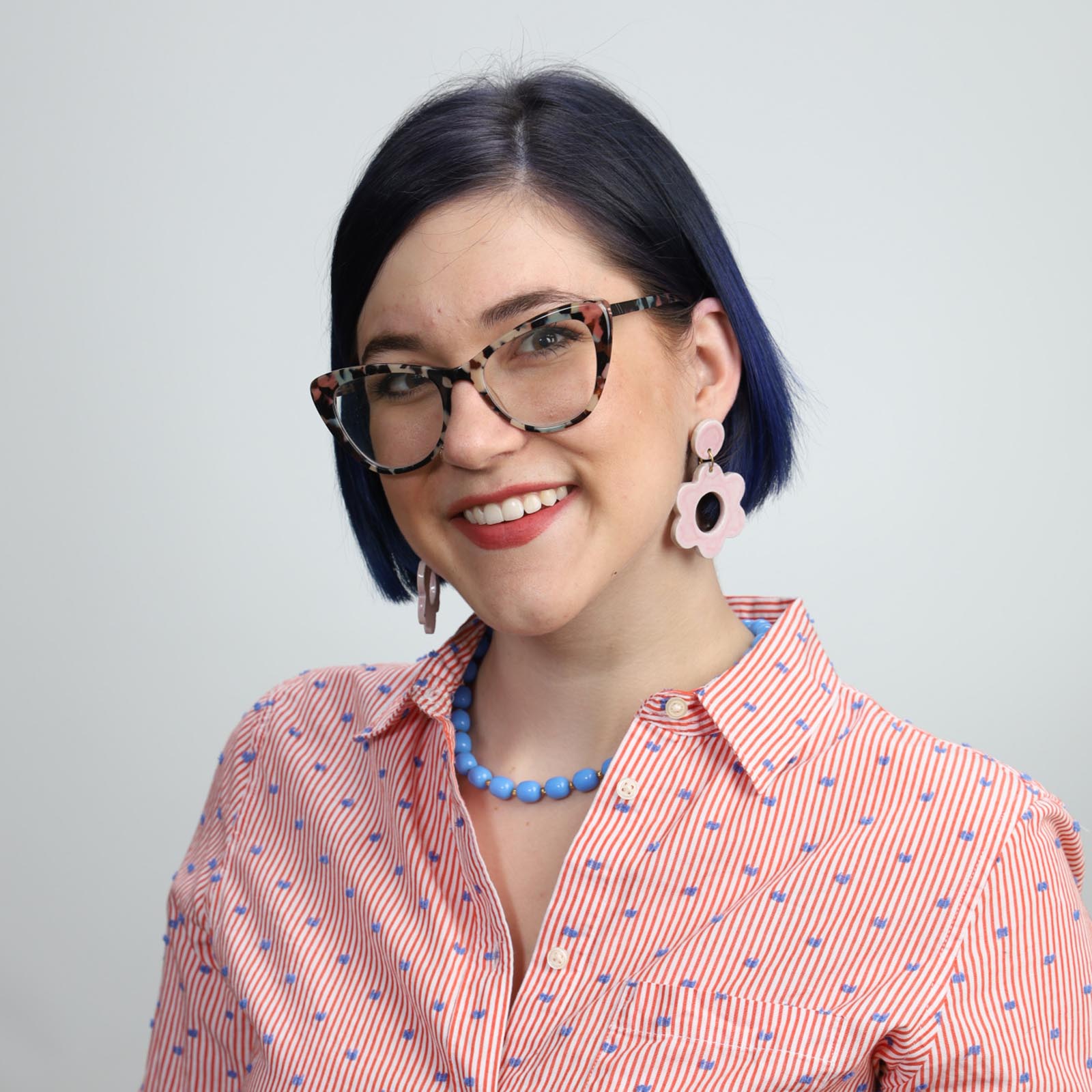
Anna Kalisvaart
Psychology
Anna Kalisvaart graduated with her BSc from the University of Alberta in 2019 and is currently completing her PhD in Psychology. Over her PhD, Anna has published a total of 7 publications in the area of stroke neuroprotection and rehabilitation, has received multiple Canadian Tri-Council awards in support of her work, and is currently listed as a co-applicant on a funded CIHR project grant. Her research focuses on brain injury following intracerebral hemorrhage (a bleed within the brain). This is a deadly stroke-subtype suffered by nearly ~3 million people each year that is fatal in nearly half of all cases. The added mass of a brain bleed and associated swelling within the skull causes intracranial pressure levels to rise, often causing death by injuring critical brain structures. There are innate protective mechanisms to combat rising intracranial pressure levels, but they are often insufficient. Anna has helped lead the effort in characterizing a new mechanism termed “tissue compliance” in which the brain transiently reduces in volume in response to elevated intracranial pressure after stroke, an effect that could possibly be manipulated to reduce the mortality associated with intracerebral hemorrhage. Using animal models, and various cutting-edge techniques, such as x-ray fluorescence synchrotron imaging, Anna’s research will provide insight into the tissue compliance phenomenon, and how it shapes stroke outcomes.

Kathryn Lambert
Rehabilitation Medicine
An occupational therapist by training, Kathryn is a PhD candidate carrying out research on Parkinson's Disease, a neurological disease that causes a progressive decline in the ability to control movements. People with Parkinson's Disease have difficulty detecting and correcting for errors during movement. Rehabilitation often focuses on training people with Parkinson's Disease to better detect and adjust for these movement errors to improve safety. Kathryn's research seeks to examine if people with Parkinson's Disease exhibit impairments in the mental representations of movement, which may underlie their challenges in movement error and detection. She will use a combination of behaviour testing and brain imaging methods to help answer this question.
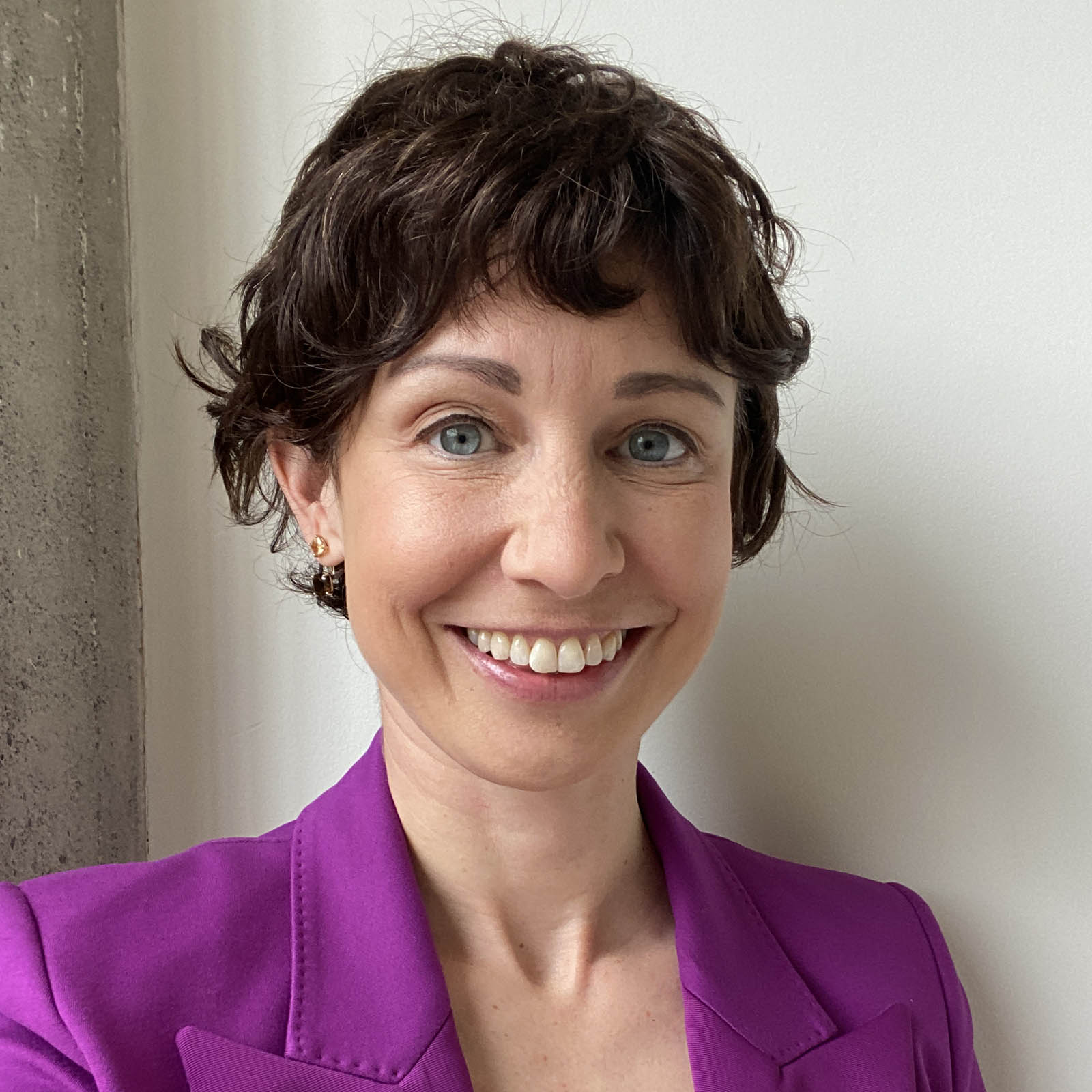
Katerina Melino
Nursing
Katerina Melino was born and raised in Toronto, Ontario. She holds a Bachelor of Arts in Anthropology and a Bachelor of Science in Nursing from the University of Toronto, and a Master of Science with specialty as Psychiatric Mental Health Nurse Practitioner from the University of California San Francisco. She has more than twenty years of experience working in mental health across North America as a peer counselor, registered nurse, and nurse practitioner, practicing primarily in emergent mental health/substance use treatment settings and in HIV mental health. Her research focuses on caring for patients who face structural barriers to mental health and wellness in community mental health settings.

Bryce Nelson
Oncology
Bryce received his B.Sc. in Chemical Engineering from the University of Alberta (U of A) in 2020 and is pursuing his Ph.D. in Cancer Sciences at the U of A Department of Oncology. His research, performed at Edmonton’s Medical Isotope and Cyclotron Facility and the Cross Cancer Institute, focuses on production of radiopharmaceuticals (radioactive drugs) for personalized cancer imaging and therapy. This involves synthesizing radionuclides (radioactive atoms) on a cyclotron accelerator via nuclear reactions, followed by automated radionuclide purification. Subsequently, radionuclides are attached to highly specific cancer targeting agents, creating radiopharmaceuticals. Physicians can first screen patients with a diagnostic radiopharmaceutical to obtain a three-dimensional molecular portrait of their cancer. If the diagnostic scan detects a disease target, a therapeutic radiopharmaceutical can then be used to precisely destroy infiltrating tumors around the body while sparing surrounding healthy tissues. If negative for targets, patients can be spared ineffective treatment cycles and assigned to conventional therapy. This technique allows the right patient to be selected for the right treatment at the right time and represents a promising approach to treating advanced cancers and other systemic malignancies. Pending preclinical results, we hope to bring improved diagnostic and therapeutic radiopharmaceuticals to patients at the Cross Cancer Institute.
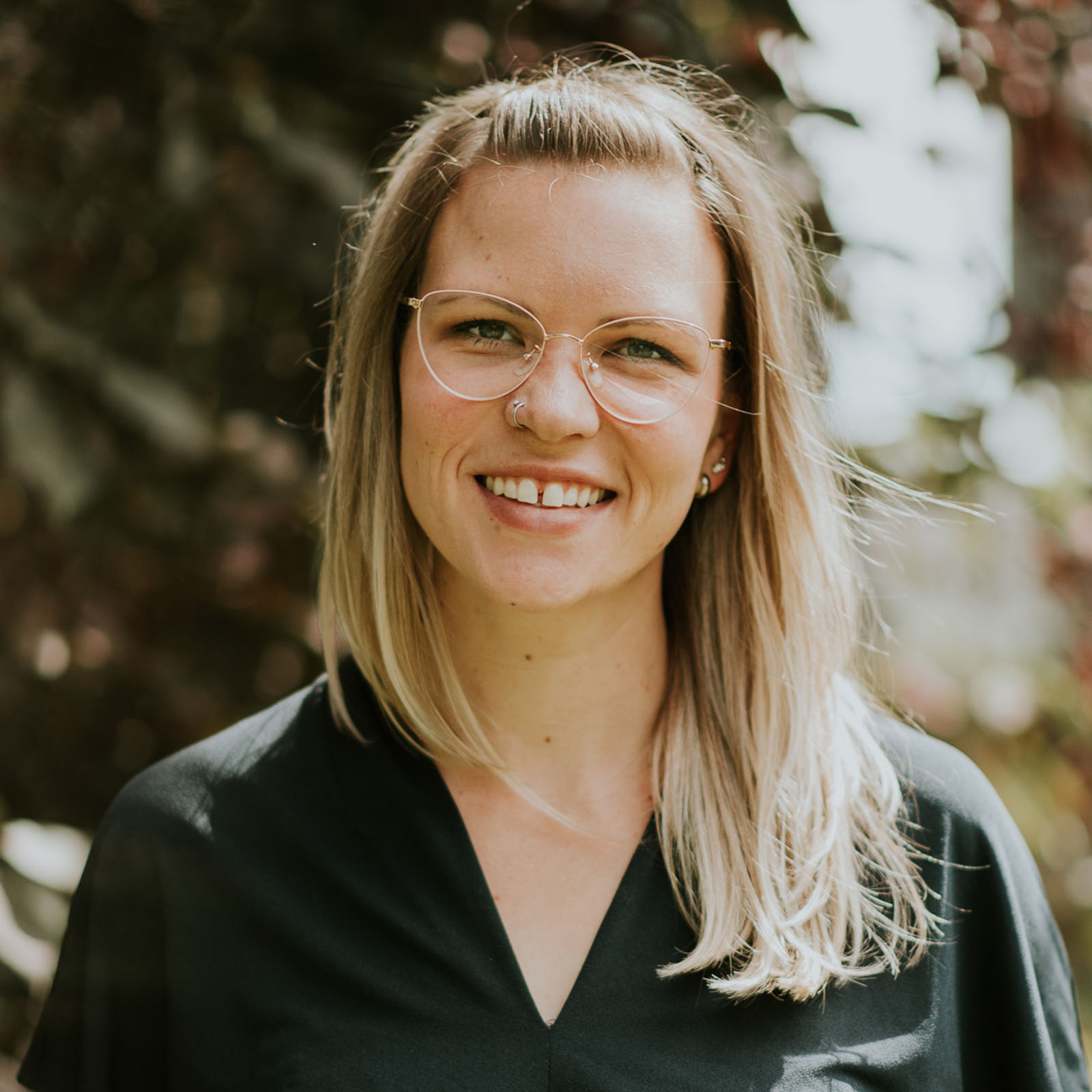
Stephanie Schuurman-Olson
Elementary Education
Stephanie is currently completing her PhD in Elementary Education under the supervision of Dr. David Lewkowich. Her research, titled "Singing/Listening in the treescapes: A collaborative research-creation engaging children, sonic, human, and more-than-human ecologies" investigates how singing and listening practices might be used to deepen relationships between children and their environments. Within our current geological epoch, marked by the detrimental effects of anthropocentrism, it is children who will most directly feel the impacts of ongoing climate change. Using posthumanism and feminist new materialism, this collaborative research-creation seeks to examine what entanglements and ways of knowing emerge when children engage in singing in-and-with their more-than-human environments, how a developing relationality between child/more-than-human can inform change-making practices and understandings, and the role that singing/listening practices play in destabilizing anthropocentric approaches to climate-related issues. This work is supported by the Meyer Horowitz Graduate Students' Association Graduate Scholarship, the Alberta Graduate Excellence Scholarship, and the Izaak Walton Killam Memorial Scholarship. Stephanie is a music educator and vocalist based in rural central Alberta and holds a BMus (UBC, '10), BEd (UBC, '11), and an MEd (UBC '15).
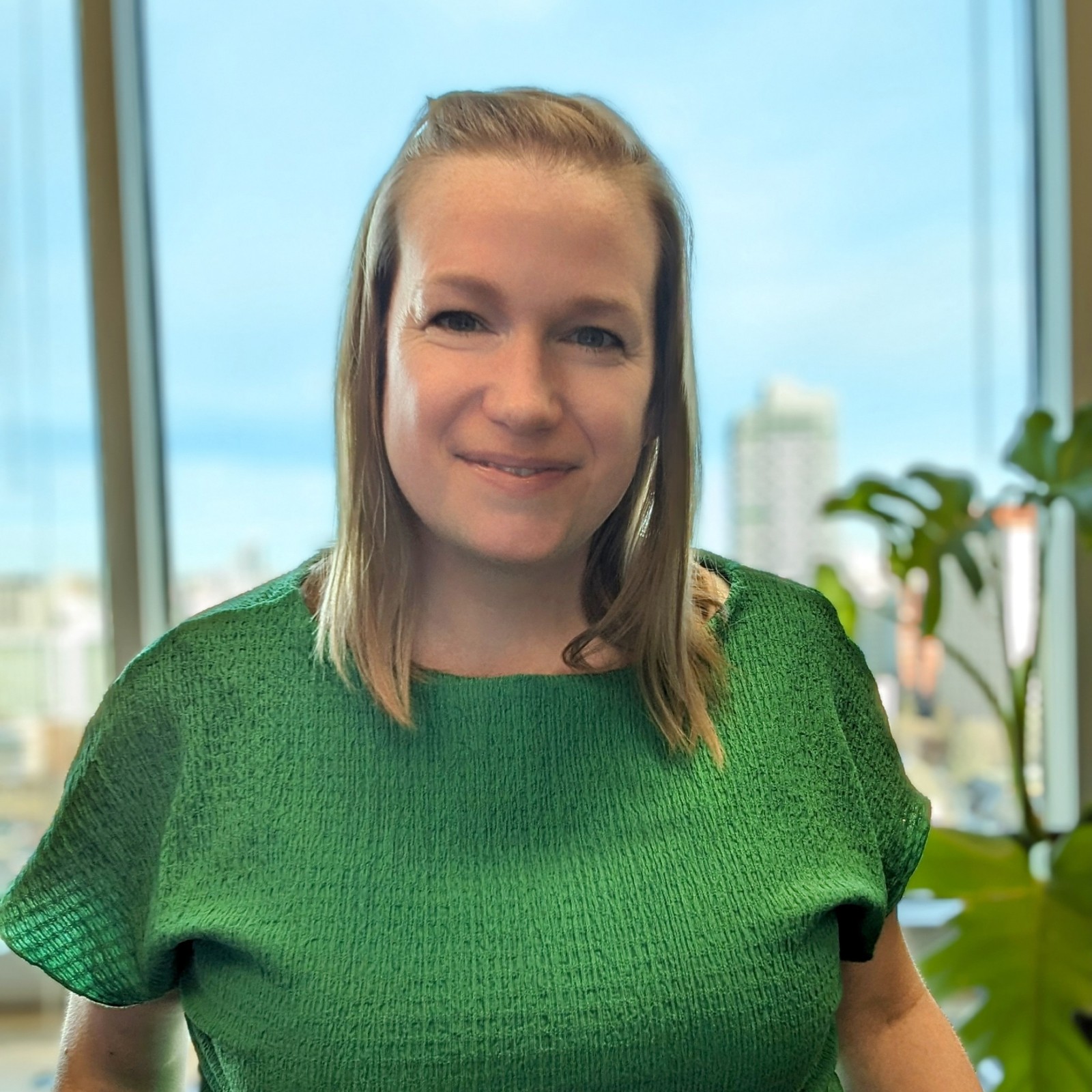
Stephanie Brooks
School of Public Health
Stephanie Brooks is a PhD Candidate in the School of Public Health as well as the Program Coordinator for Engagement for the Alberta Strategy for Patient-Oriented Research SUPPORT Unit. She is a knowledge mobilization specialist and applied researcher who manages a program of work dedicated to leveraging implementation science to strengthen Alberta’s provincial learning health system. Her PhD research is investigating different models for moving evidence into practice in learning health system settings. She aims to support health system leaders to strengthen system capabilities to continually monitor and improve efforts to prevent and treat illness. Stephanie has published her research in numerous journals, including the Canadian Journal of Public Health, and delivered a keynote address at the 2023 European Implementation Event in Basel, Switzerland. In addition to this Killam award, Stephanie has been recognized as a recipient of the 2023-2025 CIHR Canadian Graduate Award - Doctoral and the U of A 2023 Andrew Stewart Memorial Graduate Prize.
Dorothy J Killam Memorial Postdoctoral Fellow Prize
The Dorothy J Killam Memorial Postdoctoral Fellow Prize is offered to the top Killam Postdoctoral Fellowship recipient each year.
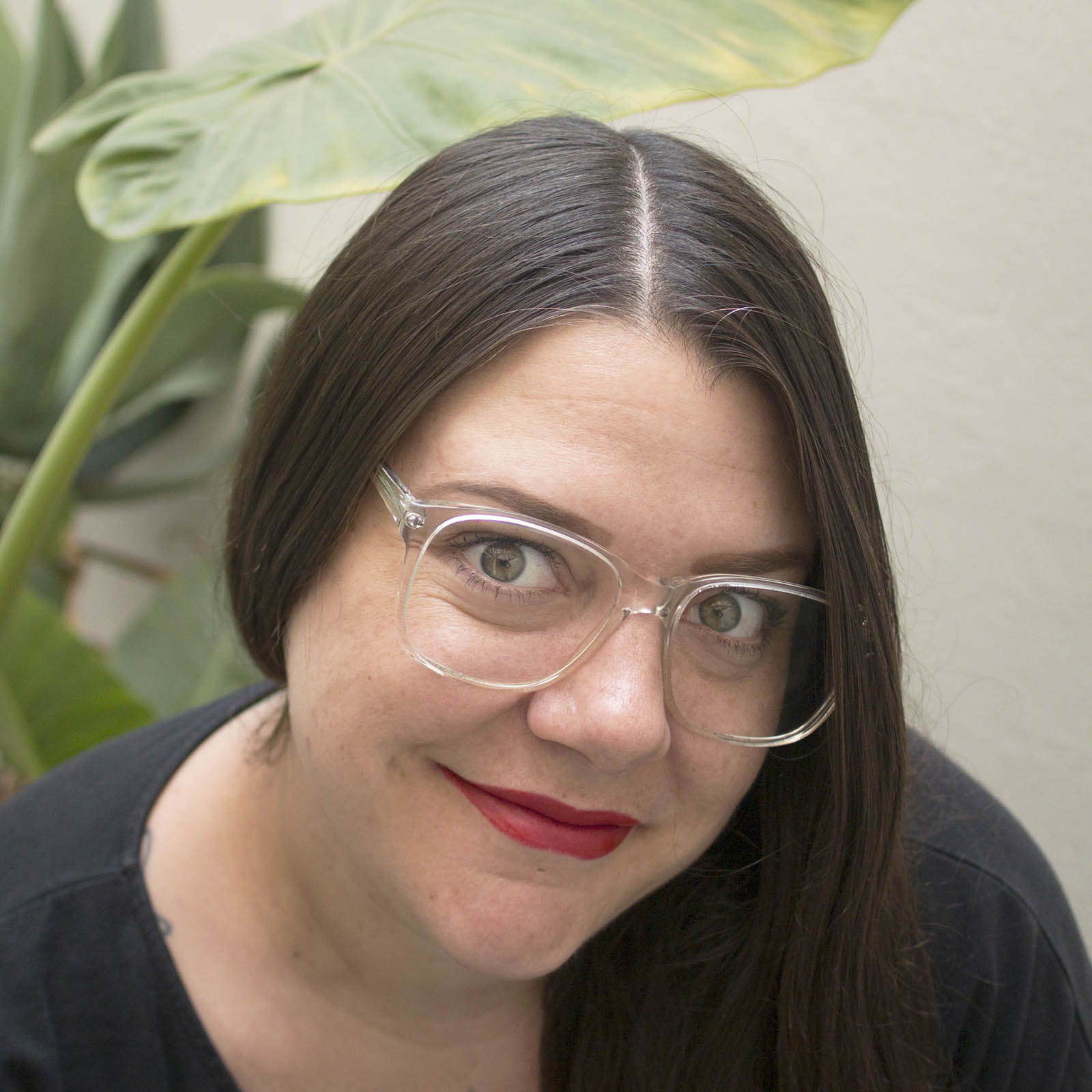
Zoë Heyn-Jones
Art and Design
Zoë Heyn-Jones is a researcher-artist and cultural worker who grew up on Saugeen Ojibway land in Ontario, Canada and on Tz’utujil/Kaqchikel Maya land in Guatemala. Zoë holds a PhD in Visual Arts from York University and a graduate diploma in Latin American Studies from CERLAC (the Centre for Research on Latin America and the Caribbean, York University). Zoë currently holds an Izaak Walton Killam Memorial Postdoctoral Fellowship at the University of Alberta (2023-25) for her research project “Composting Research-Creation: Organic Waste Management and/as Art for the Climate Emergency.” Zoë was one of two inaugural SSHRC postdoctoral fellows (2021-23) at the Centre for Sustainable Curating in the department of Visual Arts at Western University where she developed an interdisciplinary arts-based project on food security, sovereignty and justice in Canada and Mexico that included curating the Visualizing Foodways Field School in Mexico City. Zoë is currently developing a short film, publication and site-specific installation on vernacular earthen architecture in Oaxaca, Mexico in collaboration with architect Octavio Castro Gallardo, supported by the Canada Council for the Arts and Project Anywhere. Zoë is also one half of Dupla Molcajete, an emergent collaboration (with Beatriz Paz Jiménez) that serves to create a space for experimentation at the nexus of art, food, and culture from Mesoamerican and hemispheric perspectives, with a current focus on edible insects. Zoë has written for Canadian Art, C Magazine, Canadian Theatre Review, Public Parking, alt.theatre, Brújula: revista interdisciplinaria sobre estudios latinoamericanos, BlackFlash, and Inuit Art Quarterly among other publications. She lives and works in Mexico City and Tkaronto/Toronto. Composting Research-Creation: Organic Waste Management and/as Art for the Climate Emergency. My research explores the urgent worldwide problem of food waste and methane emissions—and how the arts can help to solve it. My project shows how the arts and design can help to achieve widespread and multiscale composting for food waste mitigation, methane emissions reduction, soil regeneration, and the valuation of more-than-human life in Canada, Mexico, and Brazil. These complex and interrelated problems are of global scale and cannot be resolved by any single discipline alone. Solving the problem requires collaboration and imagination, deploying art and design to speculate, interrogate, and explore the complexity of these urgent problems.
Izaak Walton Killam Memorial Postdoctoral Fellowship
The Izaak Walton Killam Memorial Postdoctoral Fellowship is provided each year by the Izaak Walton Killam Memorial Fund for Advanced Studies established through a gift from the late Dorothy J. Killam.
The main purpose of the fellowship is to support advanced education and research at five Canadian universities and the Canada Council for the Arts.
The top-ranked recipient will receive the Dorothy Killam Memorial Postdoctoral Fellow Prize of $7,500.
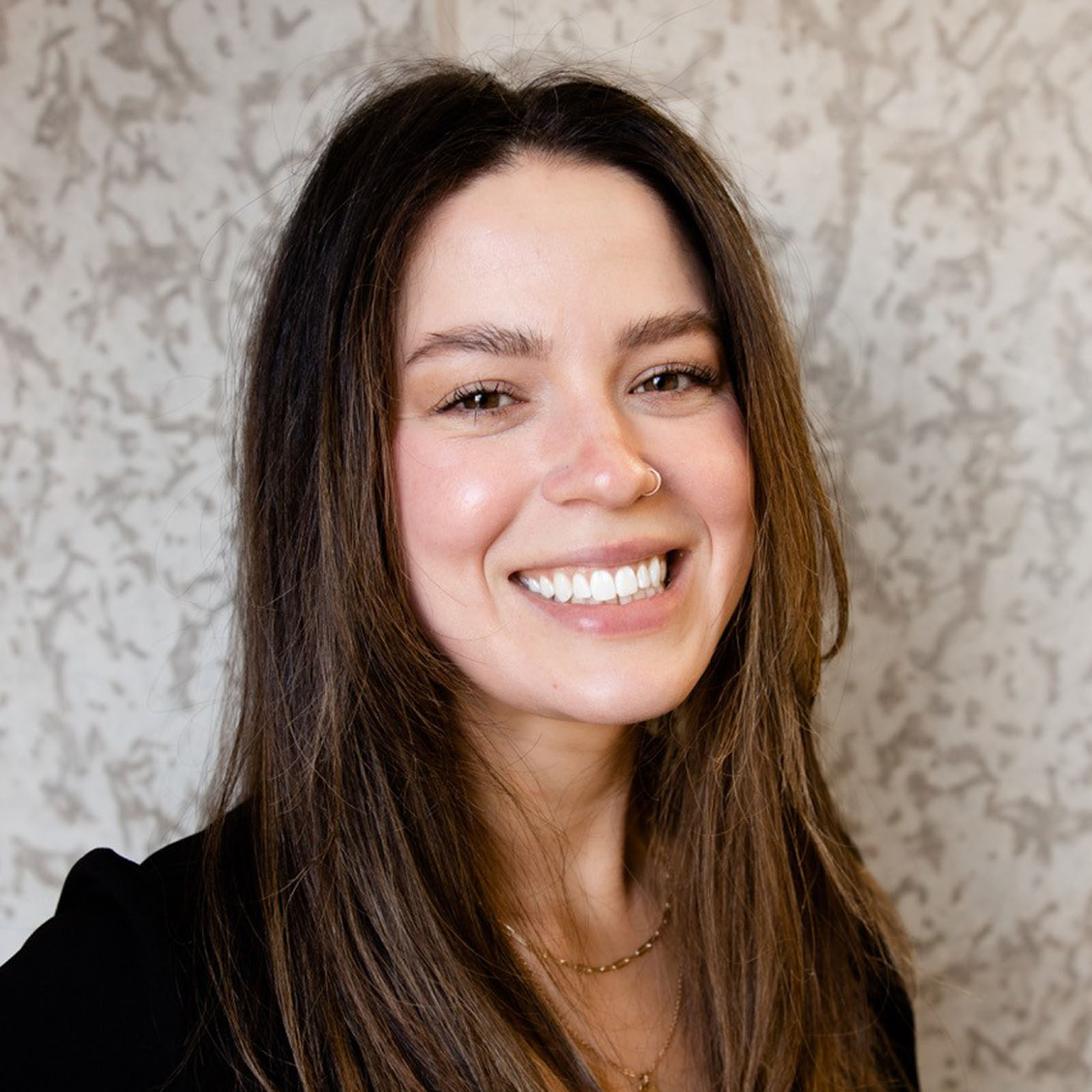
Danielle Cormier
Kinesiology, Sport, and Recreation
Danielle is a Postdoctoral Fellow in the Faculty of Kinesiology, Sport, and Recreation working under the supervision of Dr. Amber Mosewich. Danielle's research focuses on the psychological and social factors that influence athletes' sustained participation in sport. She investigates the individual differences that shape athletes' thoughts, emotions, and behaviours over time. Using mixed methodologies, her project explores the impact of a self-compassion intervention on self-identified girls' experiences and participation in sport. By investigating these constructs, she aims to answer the call made by many sport organizations to build a more equitable sport system for self-identified girls and women. Danielle's work sheds light on the psychological and social mechanisms that enhance self-identified girls' positive experiences, optimal performance, and holistic development in sport.

Zoë Heyn-Jones
Art and Design
Zoë Heyn-Jones is a researcher-artist and cultural worker who grew up on Saugeen Ojibway land in Ontario, Canada and on Tz’utujil/Kaqchikel Maya land in Guatemala. Zoë holds a PhD in Visual Arts from York University and a graduate diploma in Latin American Studies from CERLAC (the Centre for Research on Latin America and the Caribbean, York University). Zoë currently holds an Izaak Walton Killam Memorial Postdoctoral Fellowship at the University of Alberta (2023-25) for her research project “Composting Research-Creation: Organic Waste Management and/as Art for the Climate Emergency.” Zoë was one of two inaugural SSHRC postdoctoral fellows (2021-23) at the Centre for Sustainable Curating in the department of Visual Arts at Western University where she developed an interdisciplinary arts-based project on food security, sovereignty and justice in Canada and Mexico that included curating the Visualizing Foodways Field School in Mexico City. Zoë is currently developing a short film, publication and site-specific installation on vernacular earthen architecture in Oaxaca, Mexico in collaboration with architect Octavio Castro Gallardo, supported by the Canada Council for the Arts and Project Anywhere. Zoë is also one half of Dupla Molcajete, an emergent collaboration (with Beatriz Paz Jiménez) that serves to create a space for experimentation at the nexus of art, food, and culture from Mesoamerican and hemispheric perspectives, with a current focus on edible insects. Zoë has written for Canadian Art, C Magazine, Canadian Theatre Review, Public Parking, alt.theatre, Brújula: revista interdisciplinaria sobre estudios latinoamericanos, BlackFlash, and Inuit Art Quarterly among other publications. She lives and works in Mexico City and Tkaronto/Toronto. Composting Research-Creation: Organic Waste Management and/as Art for the Climate Emergency. My research explores the urgent worldwide problem of food waste and methane emissions—and how the arts can help to solve it. My project shows how the arts and design can help to achieve widespread and multiscale composting for food waste mitigation, methane emissions reduction, soil regeneration, and the valuation of more-than-human life in Canada, Mexico, and Brazil. These complex and interrelated problems are of global scale and cannot be resolved by any single discipline alone. Solving the problem requires collaboration and imagination, deploying art and design to speculate, interrogate, and explore the complexity of these urgent problems.
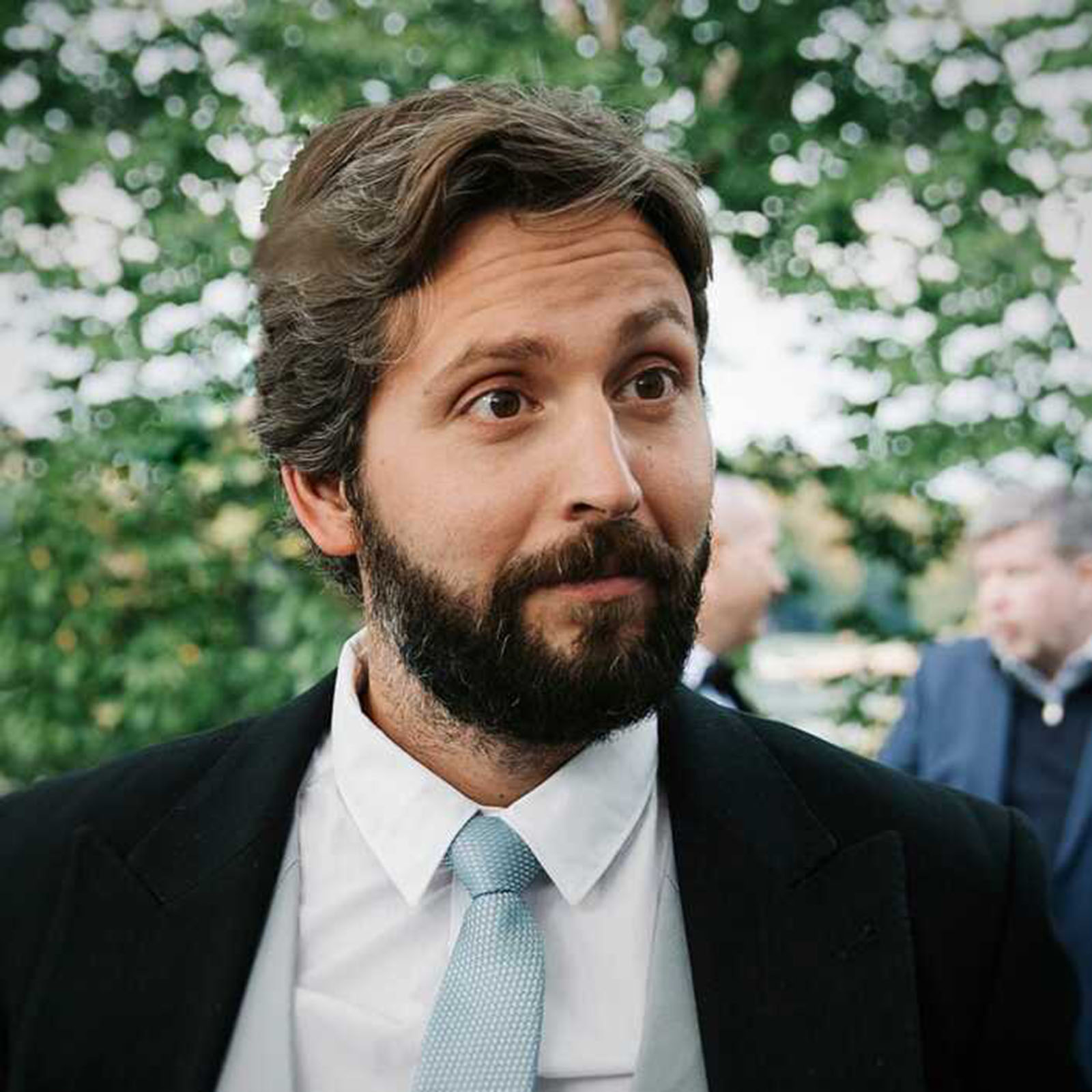
Luke Kersten
Philosophy
Luke specializes in the philosophy of mind and cognitive science. His Killam project focuses on developing a descriptively accurate model of research paradigms within cognitive science. His aim is to supply a model which not only lends insight into several contemporary debates, but also evaluative criteria for measuring the adequacy of different research paradigms.
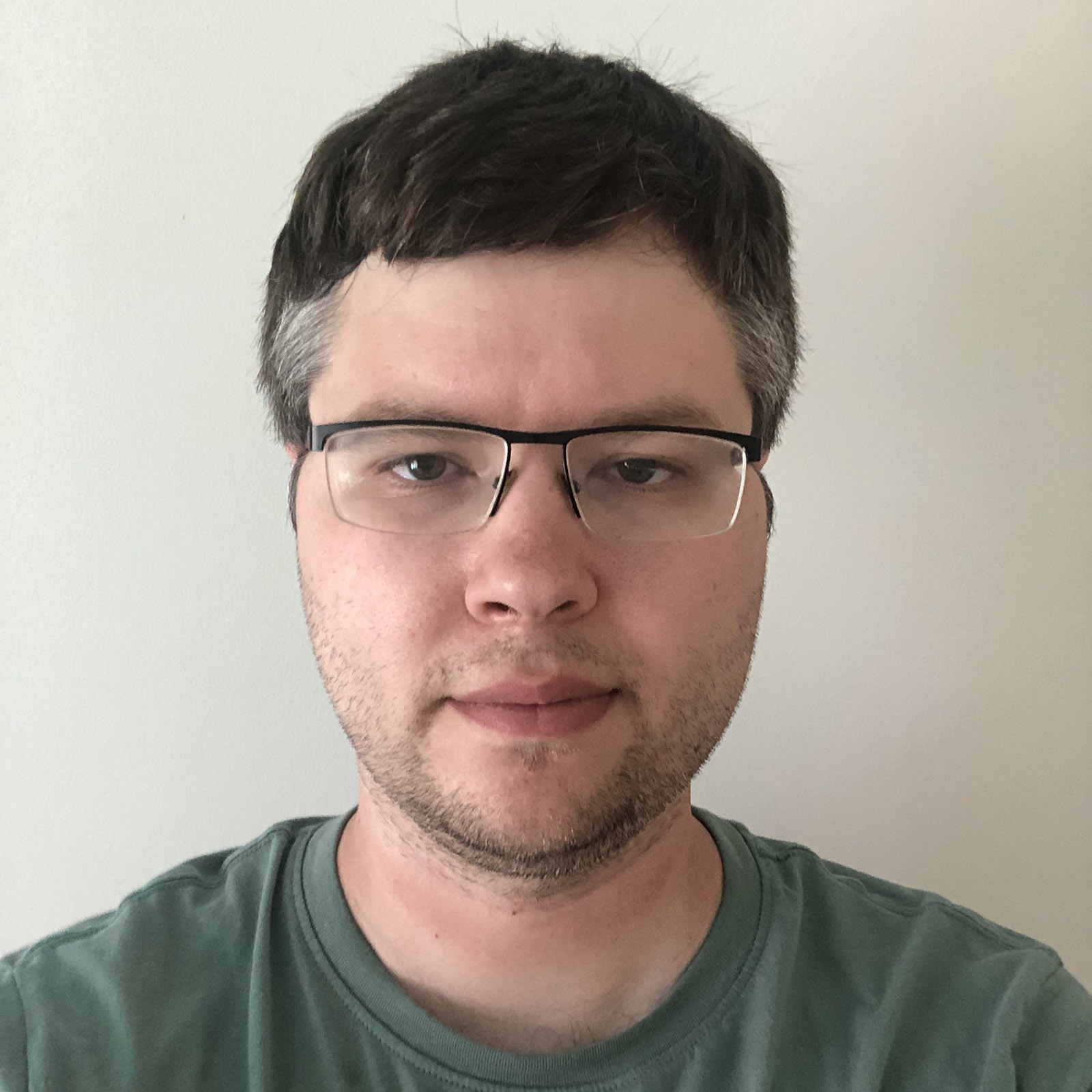
Justin Mooney
Philosophy
Justin's research is concentrated in two areas. One of these is the metaphysics of identity over time. What changes do ordinary material objects persist through? Contrary to what is currently the standard view in metaphysics, he has defended the position that material objects virtually always survive metamorphic changes from one sort to another. His work on this subject also touches on related issues, such as whether material objects can survive spatiotemporal discontinuities. The other focus of his research lies in the philosophy of religion, where he has written about the problem of evil and about a variety of metaphysical issues concerning religious doctrines, such as whether resurrection is metaphysically possible. As a Killam postdoctoral fellow, he will bring these two strands of research together in a study of the metaphysics of rebirth (reincarnation), a notion that is present in a number of underrepresented philosophical traditions. His goal is to identify challenges to the metaphysical possibility of rebirth, explore the prospects for meeting those challenges by identifying and developing metaphysical models of rebirth, and draw fruitful connections between work on the metaphysics of rebirth and related work on the metaphysics of resurrection.
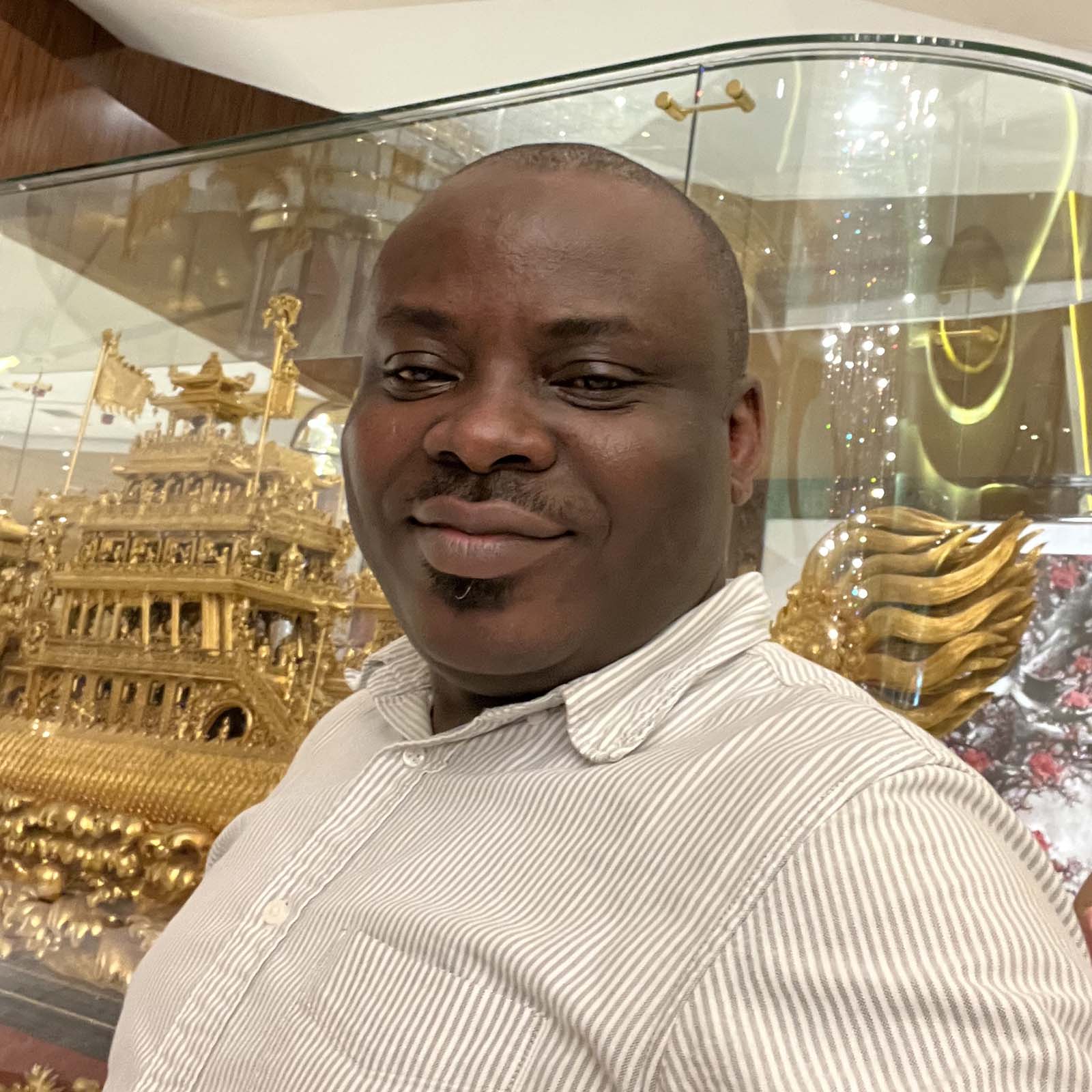
Sunday Nunayon
Mechanical Engineering
Sunday Nunayon is a Killam Postdoctoral Laureate in the Faculty of Engineering - Department of Mechanical Engineering, at the University of Alberta in Edmonton, Canada. From 2021 to 2023, he was a Postdoctoral Fellow in the Department of Building Environment and Energy Engineering (BEEE) at The Hong Kong Polytechnic University. From March to July & December 2021, he was a technical consultant on bioaerosol tests for the Built Environment & Energy Laboratory at the Department of Mechanical and Automation Engineering of The Chinese University of Hong Kong. From March to April 2021, he worked briefly as a Research Assistant in the Department of Architecture and Civil Engineering at the City University of Hong Kong. From 2015 to 2017, he was a Teaching Assistant in the Department of Building at the Federal University of Technology, Akure-Nigeria. Sunday Nunayon received a National Diploma (N.D.) in Building Technology (Distinction) from the Federal Polytechnic Ilaro in 2006. He obtained a Bachelor of Technology (B.Tech.) degree in Building (First Class) from the Federal University of Technology Minna in 2012. He continued his academic endeavour at Obafemi Awolowo University, Ile-Ife, earning a Master of Science (M.Sc.) degree in Building Services with Distinction in 2017, all in Nigeria. He received his Doctor of Philosophy (Ph.D.) degree in Architecture and Civil Engineering from the City University of Hong Kong in 2021. His academic excellence was further recognized by several awards. He was a recipient of the prestigious Hong Kong Ph.D. Fellowship Scheme and Chow Yei Ching School of Graduate Studies Entrance Scholarship, and three times awardee of the Research Tuition Scholarship (RTS) from the City University of Hong Kong, amongst other awards. He conducts fundamental & applied research in the interdisciplinary field of indoor environmental quality and its impact on human health, focusing primarily on improving indoor air quality, mainly through the development, application, and performance evaluation of novel sustainable methods. He has published 20 papers; 20 in different international peer-reviewed scientific journals (11 first author, and 16 in Q1 journals according to InCites report) and 1 in a refereed conference proceeding. Until now, he has received more than 400 citations for his work. His h-index values are 8, 9, and 10 on Web of Science, Scopus, and Google Scholar, respectively. Sunday Nunayon’s devotion to his field is not only evident through his academic pursuits but also through his active involvement in the industry, professional services, and professional affiliations. His academic achievements are complemented by over 10 years of industry experience in building construction. He has acted as a reviewer for more than 10 different ISI journals. Sunday Nunayon is a member of the International Society of Indoor Air Quality and Climate.
Killam Award for Excellence in Mentoring
The Killam Award for Excellence in Mentoring has been created to recognize outstanding performance in the area of mentoring summer research students, graduate students, postdoctoral fellows, visiting research scholars and undergraduate students. The recipient receives a cash prize of $5,000 and a commemorative plaque.
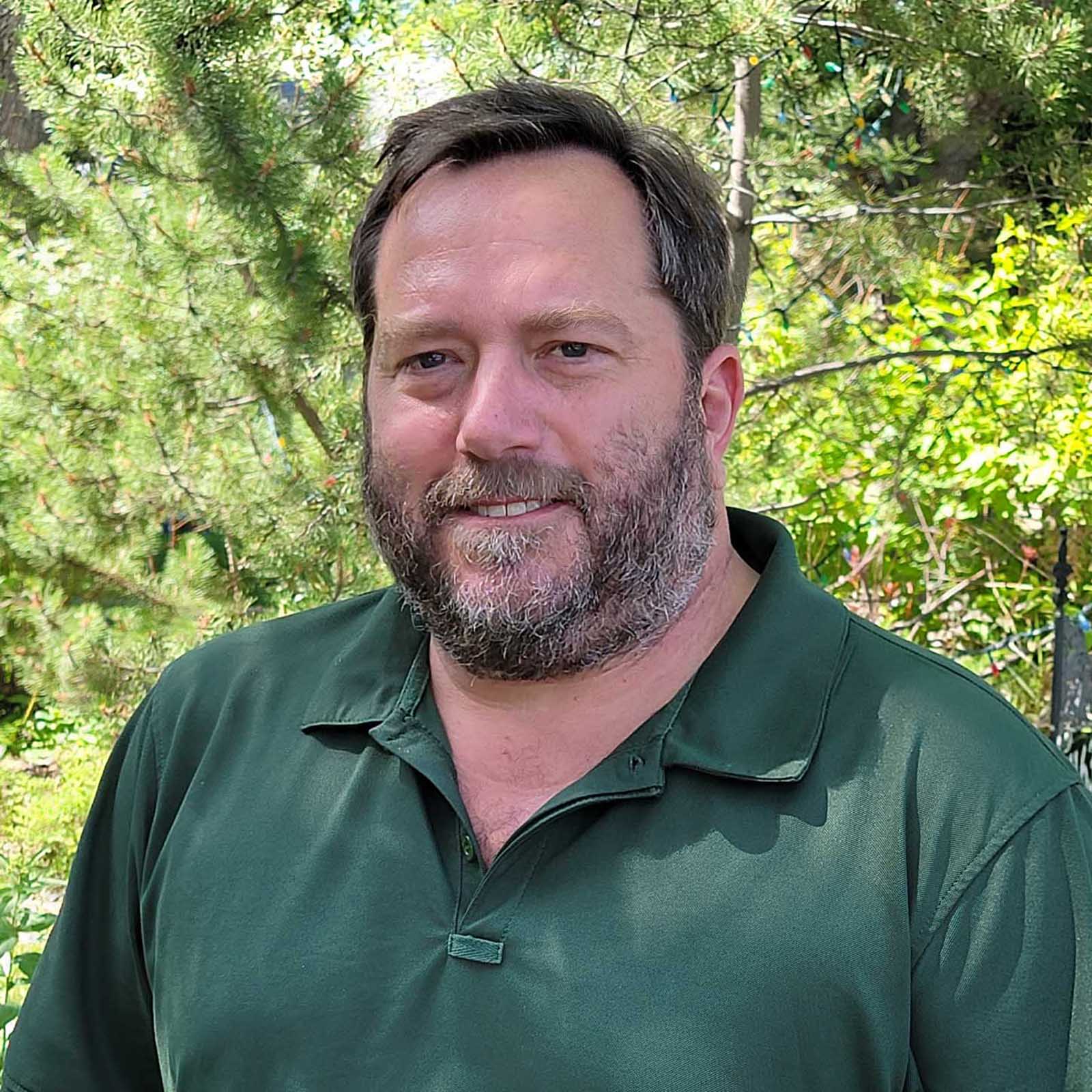
James Cahill
Biological Sciences
James (JC) Cahill is a professor of ecology in the Department of Biological Sciences at the University of Alberta. He arrived at the U of A in 1999, soon after receiving his Ph.D. in 1997 from the University of Pennsylvania. Over the last 24 years, the Cahill lab has supported the training and development of over 150 individuals at all career stages. Career outcomes of lab alumni are highly variable and include industry, government, and academia. JC and his lab group are experimental plant ecologists, studying both grassland community ecology and function as well as the seemingly disparate field of plant behavioural ecology. The Cahill lab takes an experimental approach to better understand how plants interact with each other, their local environment, and other taxa (e.g. soil microbes, herbivores, etc.). This work crosses disciplinary boundaries which include behavioural sciences, microbiology, botany & zoology and grassland ecology. Cahill is currently co-leader of CAT-G, Climate Action Through Grazing, a 6.3M project funded by Genome Canada, RDAR, and AAFC focused on understanding how to support Canada’s Net Zero by 2050 ambition through an integrated understanding of rangeland ecosystems in Canada.
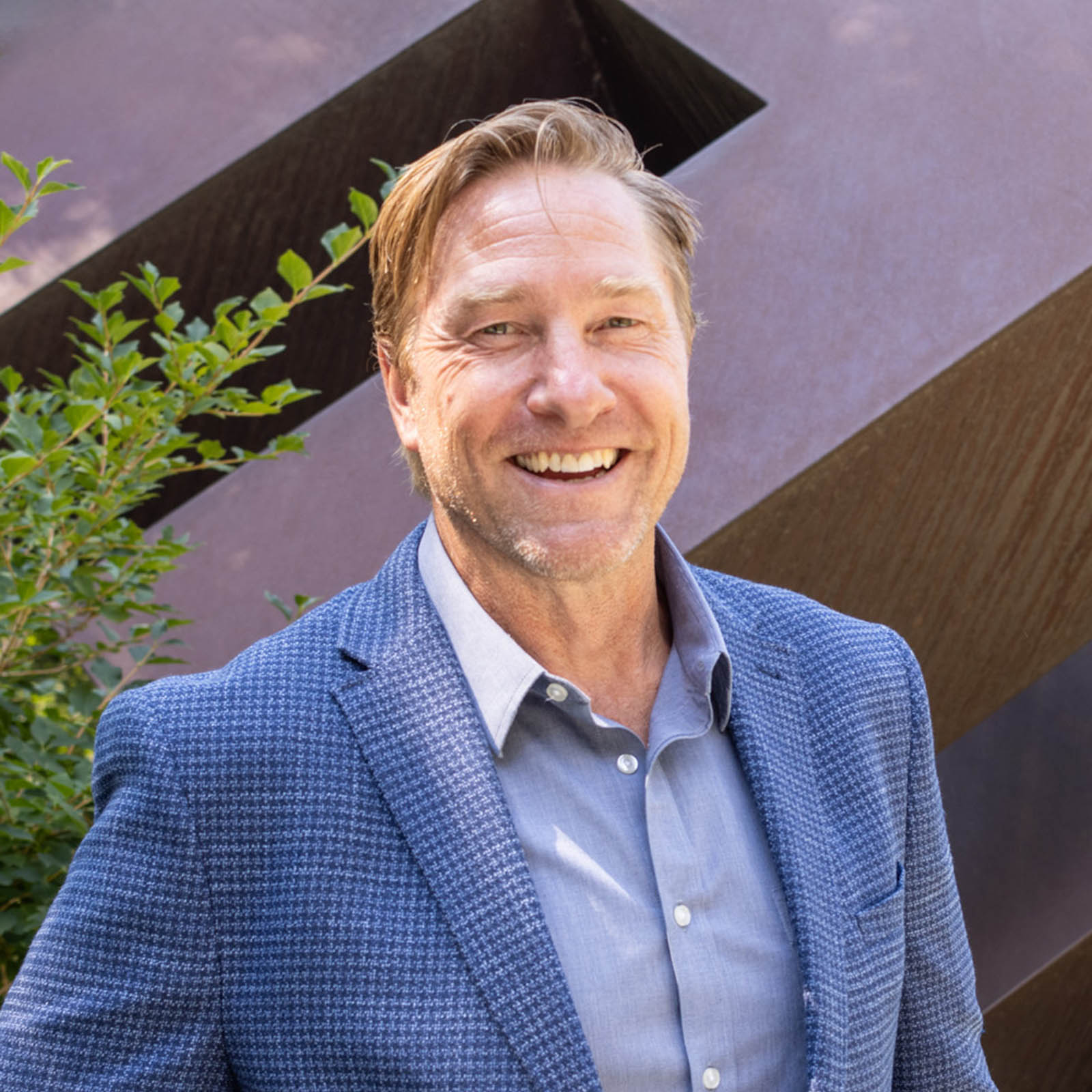
Douglas Gleddie
Elementary Education
Doug Gleddie is a husband and father who also happens to be a Professor in the Faculty of Education at the University of Alberta. In a career filled with change, the only true constants have been physical education/ activity, working with students and how joy fills the spaces in between. This life-long journey of exploration into joyful and meaningful movement has enabled Doug to work with a wide variety of people and organizations across Canada and around the world. He has published numerous articles in academic and professional journals and co-authored five books including Meaningful Physical Education: An approach for teaching and learning. As an academic leader, Doug has been an Associate Chair, an Acting Vice-Dean, an Associate Dean of Graduate Studies and most recently, the Acting Dean of the Faculty of Education. Doug is the founder of the Health and Physical Education Masters Cohort and a founding member of the Healthy Schools Lab. His research interests include: narratives of physical education; school sport; physical literacy praxis; meaningful physical education and; teacher education. He does his best thinking on a mountain bike or around a campfire.
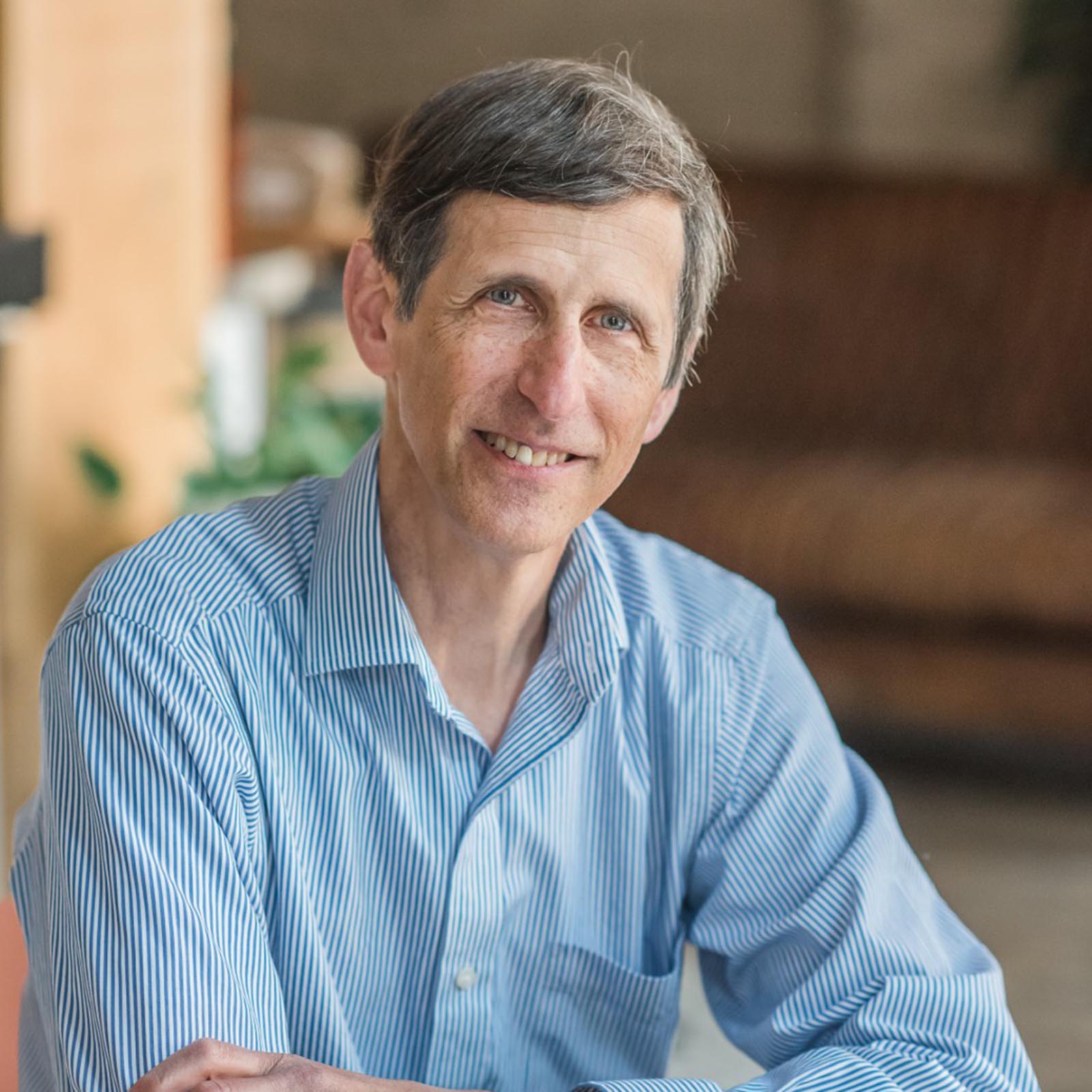
Russ Greiner
Computing Science
Russ Greiner worked in both academic and industrial research before settling at the University of Alberta, where he is now a Professor in Computing Science and the founding Scientific Director of the Alberta Machine Intelligence Institute. He has been Program/Conference Chair for various major conferences, and has served on the editorial boards of a number of journals. He was elected a Fellow of the AAAI, has been awarded a McCalla Professorship and a Killam Annual Professorship; and in 2021, received the CAIAC Lifetime Achievement Award and became a CIFAR AI Chair. In 2022, the Telus World of Science museum honored him with a panel, and he received the (UofA) Precision Health Innovator Award, then in 2023, he received the CS-Can | Info-Can Lifetime Achievement Award. For his mentoring, he received a 2020 FGSR Great Supervisor Award, then in 2023, the Killam Award for Excellence in Mentoring. He has published over 300 refereed papers, most in the areas of machine learning and recently medical informatics, including 5 that have been awarded Best Paper prizes. The main foci of his current work are (1) bio- and medical- informatics; (2) survival prediction; and (3) formal foundations of learnability.
Killam Annual Professors
Up to eight Killam Annual Professorships are awarded each year to outstanding academics at the U of A.
The award is based on scholarly activities and contributions to the community beyond the university. Each professor is presented with a cash prize of $3,500 and a commemorative plaque.
Note: A committee led by the Vice-President (Research) selects recipients and sends its recommendations to the Killam Scholarship Committee, which then submits the list for approval by the Killam Trustees.
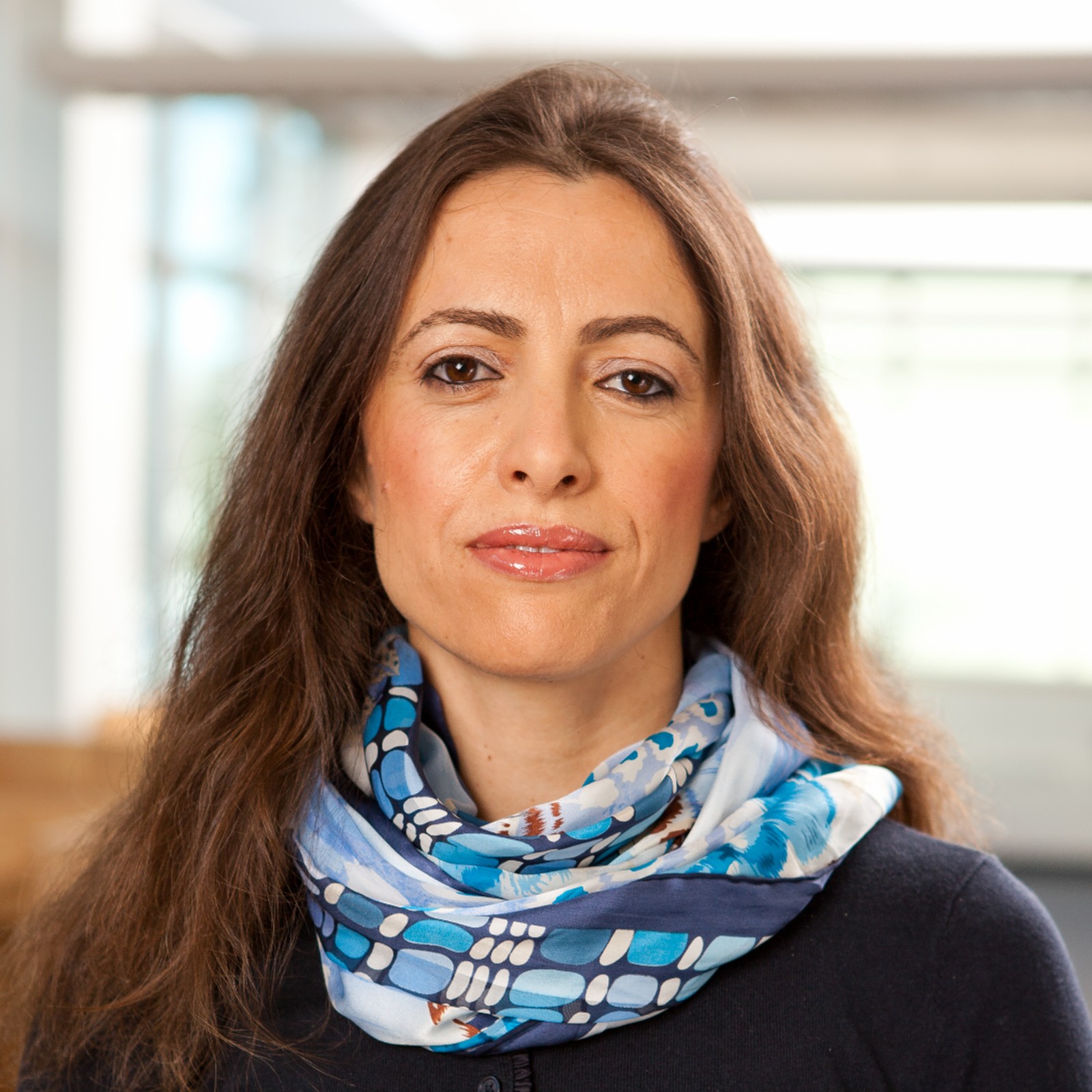
Samira ElAtia
Campus Saint-Jean
At the core of Samira ElAtia’s research is the fair and equitable assessment of students, at the K-12 and post-secondary levels, and the advancement of language learning through engagement. Her research is transdisciplinary and relies on collaborations between different disciplines (computer science, psychometrics, medicine, engineering, social and applied sciences) and stakeholders (Alberta Education, Council of Ministers of Education-Canada (CMEC), ministries of education abroad and various testing agencies); the focus is on social, economic, linguistic, and legislative factors that influence individual performance. Dr ElAtia’s framework places students and instructors at the heart of the assessment practices, especially in complex and challenging bilingual context. She has designed a comprehensive model for assessing graduate students’ attributes, and also developed a prototype to flesh out this model in an e-learning environment using educational datamining techniques and learning analytics. Dr ElAtia is currently exploring intersectionality of gender issues in educational leadership.
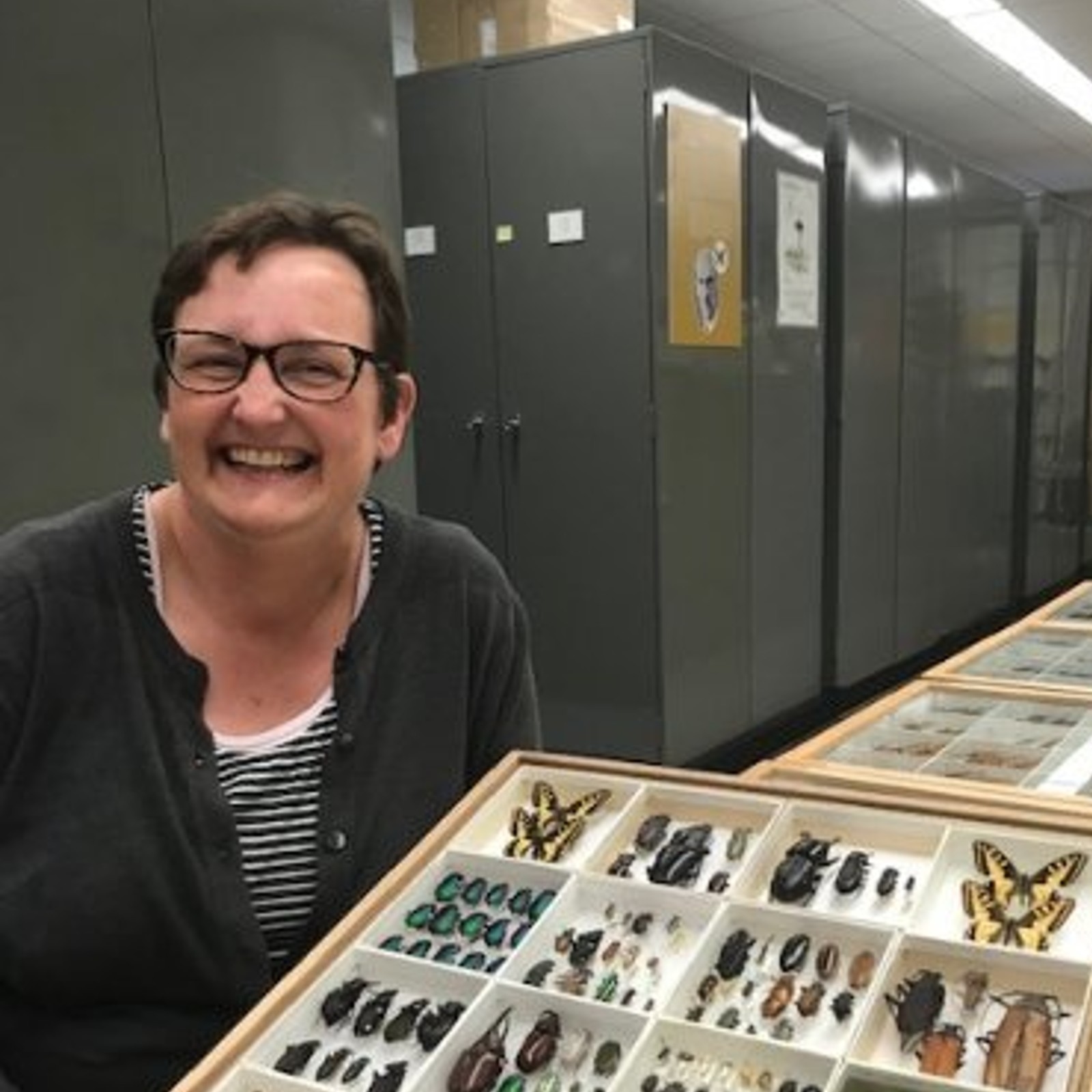
Maya Evenden
Biological Sciences
Research in the Evenden lab examines behavioural and chemical ecology of insects and how insect and plant-produced chemical signals (semiochemicals) can be exploited for environmentally sustainable pest management. This research is approached from behavioural, physiological, ecological and evolutionary perspectives. Although this research is applicable to a wide range of organisms, Evenden’s lab targets insect species considered to be pests of managed ecosystems. The research focusses on understanding plasticity of insect chemical communication to determine drivers of the communication channel. The group’s work has led to the development and commercialization of pheromone-based monitoring tools for insect pests of aspen, canola, pulse, wheat and clover in Alberta. The Evenden lab has also developed semiochemical-based control tactics to reduce insecticidal input on the Canadian Prairies. The group has contributed significantly to understanding dispersal and colonization behaviour of the mountain pine beetle, an important forest pest that has expanded its range into Alberta. Flight data generated in Dr Evenden’s lab has helped to develop spread models that can be applied by forest managers to predict range expansion.
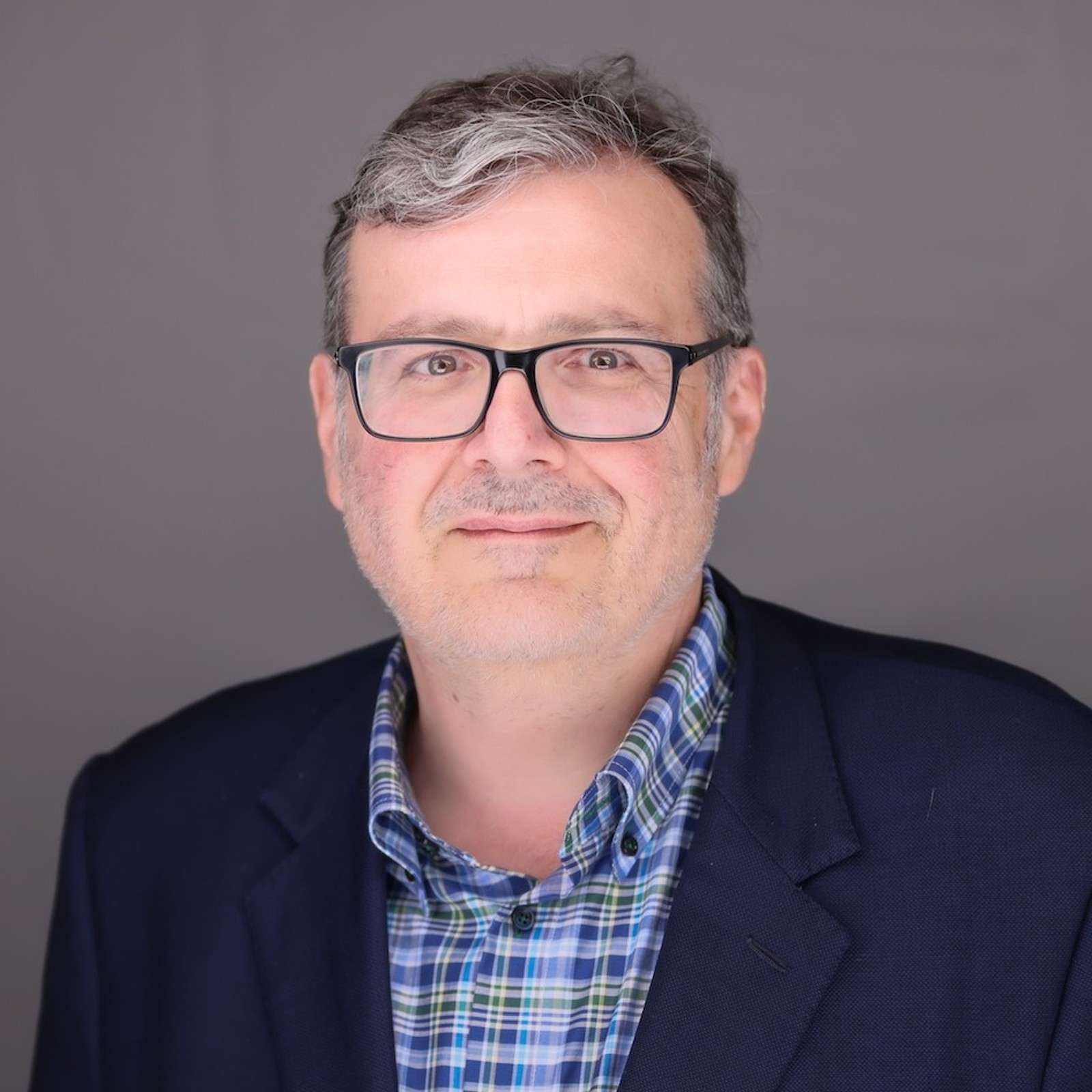
Mauricio Sacchi
Physics
Mauricio Sacchi’s research focuses on quantitative geophysics, utilizing mathematical physics, statistical analysis, and signal theory to explore and study the Earth's interior. His group specializes in developing processing and inversion techniques to create subsurface images using indirect observations. These images are used to explore and develop resources and environmental monitoring. The group’s research program has developed many standard methods for preconditioning data before imaging, gaining international recognition in applied geophysics. They have also introduced cutting-edge techniques to the geophysical community, such as sparse signal representations, high-resolution Radon transforms, tensor-based seismic data processing, and acoustic and elastic wave equation imaging. These techniques have become fundamental to data processing in applied and global seismology. Dr Sacchi’s research on data reconstruction has contributed to minimizing the number of sources needed during a seismic survey, improving data acquisition, and reducing the environmental impact of dense-source surveys.
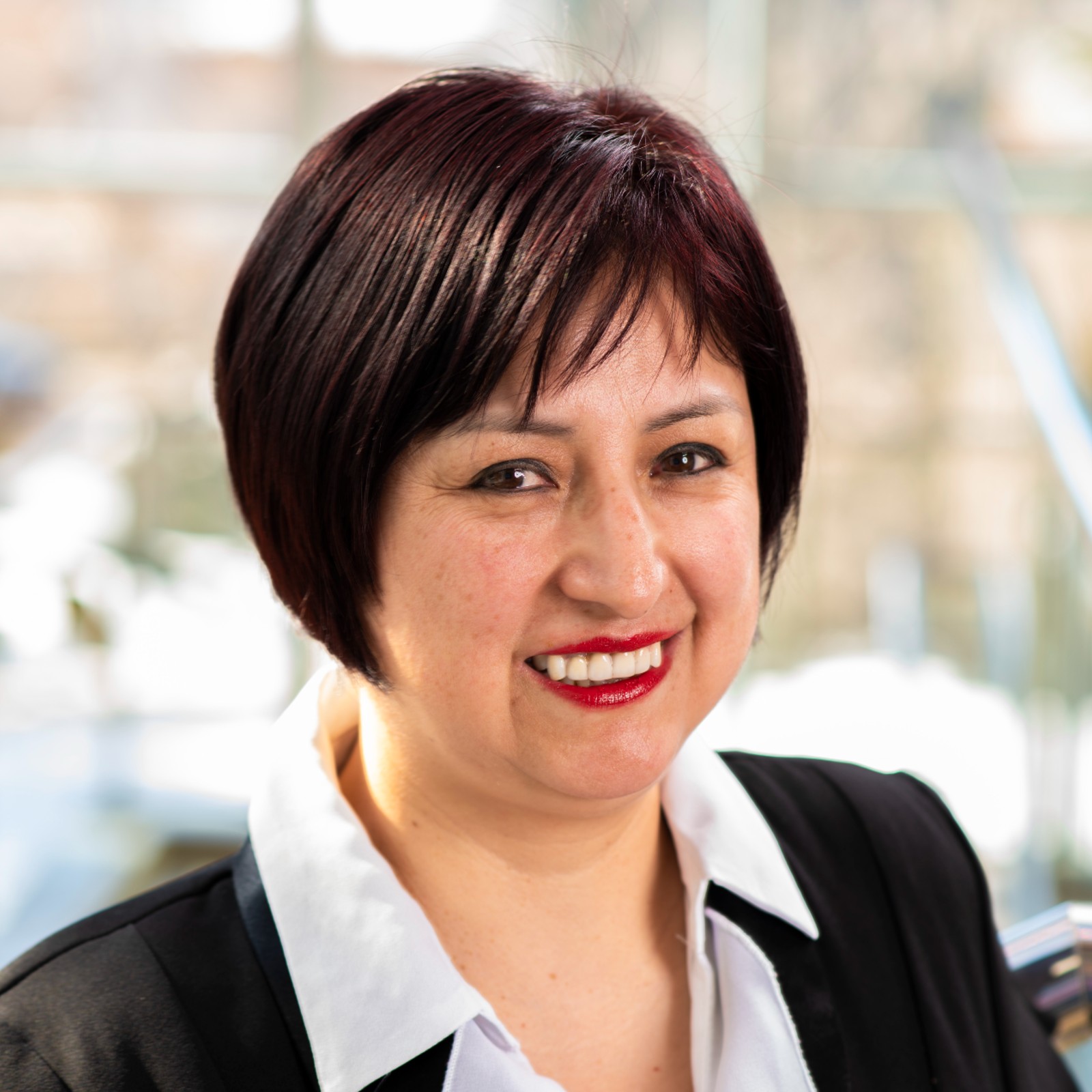
Marleny Saldana
Agricultural, Food and Nutritional Science
Marleny Saldaňa’s research program and laboratory uses fundamental and applied research to better understand core principles and mechanisms associated with innovative food and by-product process development. She and her students have been working on emerging processing technologies, sub/supercritical fluids, high-pressure processing, and ultrasound, including extraction, fractionation, reaction, and particle formation. Her lab’s aim is to develop novel processes in order to obtain desired high-value ingredients and products from biomass and therefore contribute to the growing bioeconomy of Alberta and Canada. Recent novel developments from her lab include the production of films and aerogels made from by-products for cosmetic and biomedical applications and food packaging. Dr Saldaňa believes that the most productive research emerges when a problem is looked at from multiple perspectives, combining passion and critical thinking with an open mind to generate new ideas and motivate graduate students to seek innovation and improvement for the betterment of society.